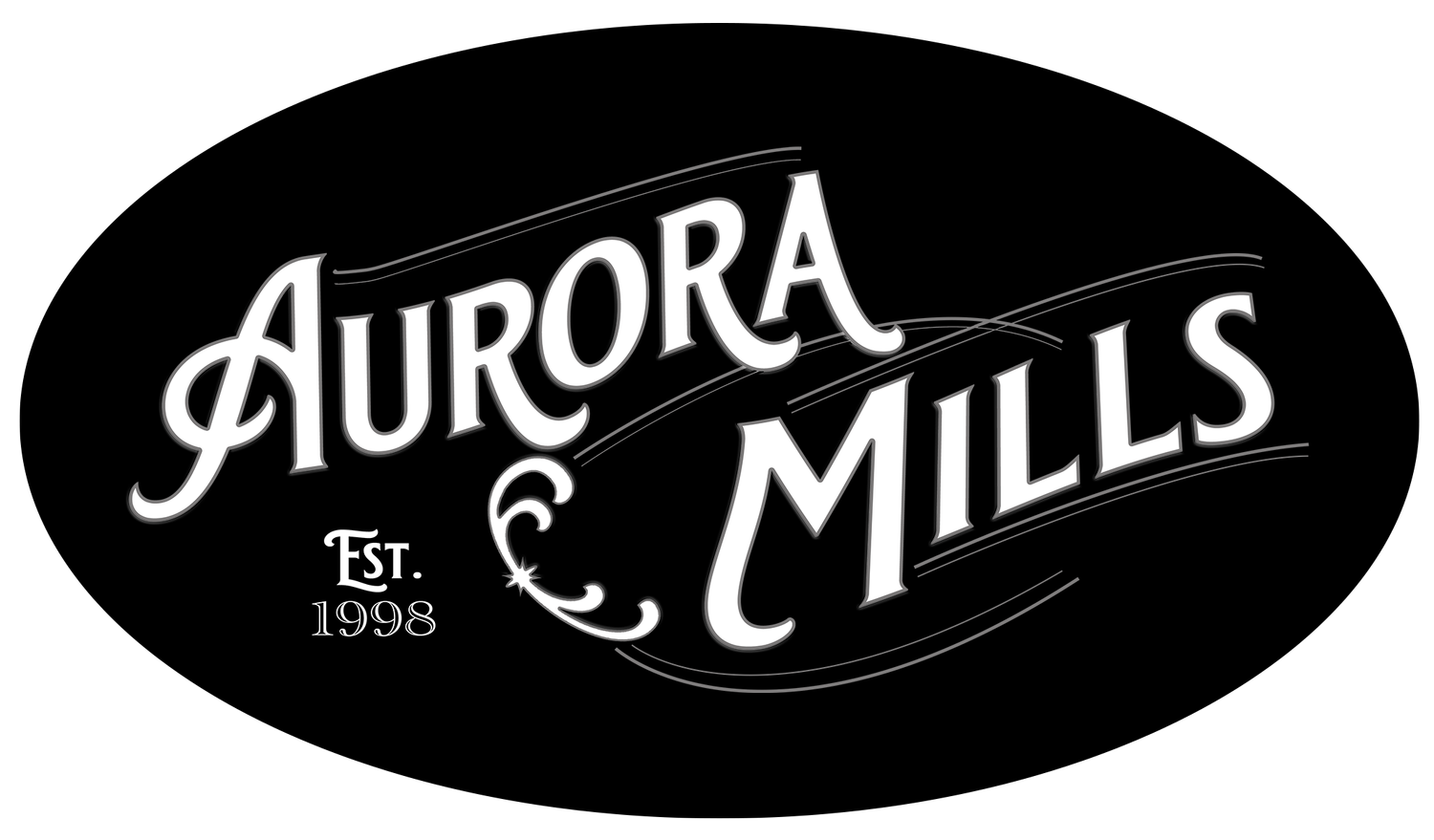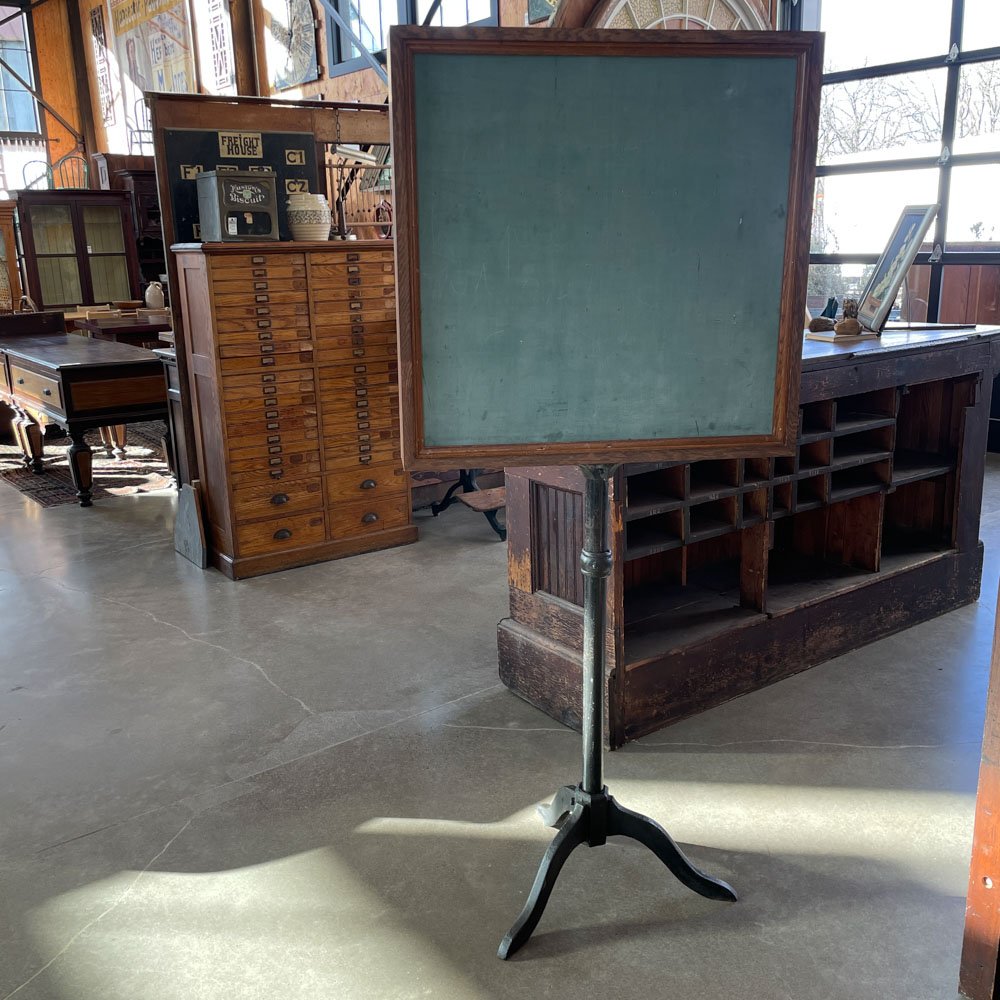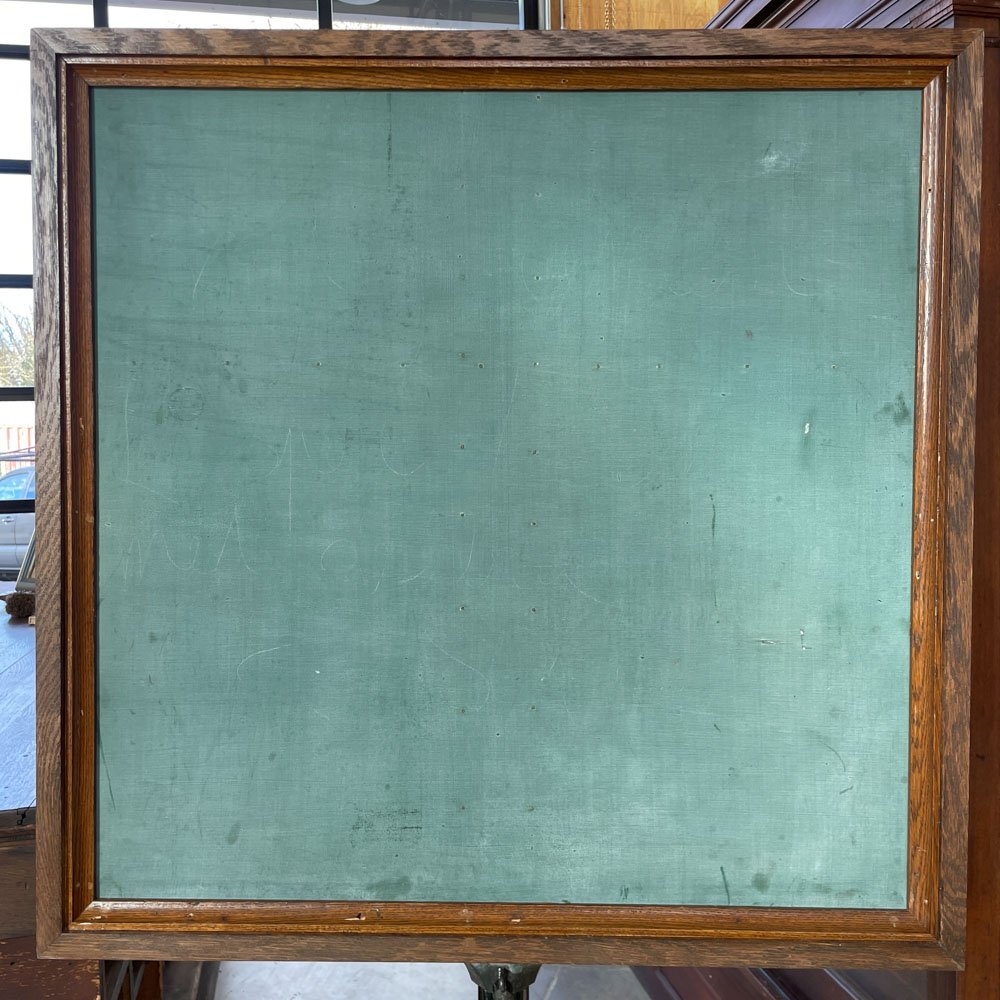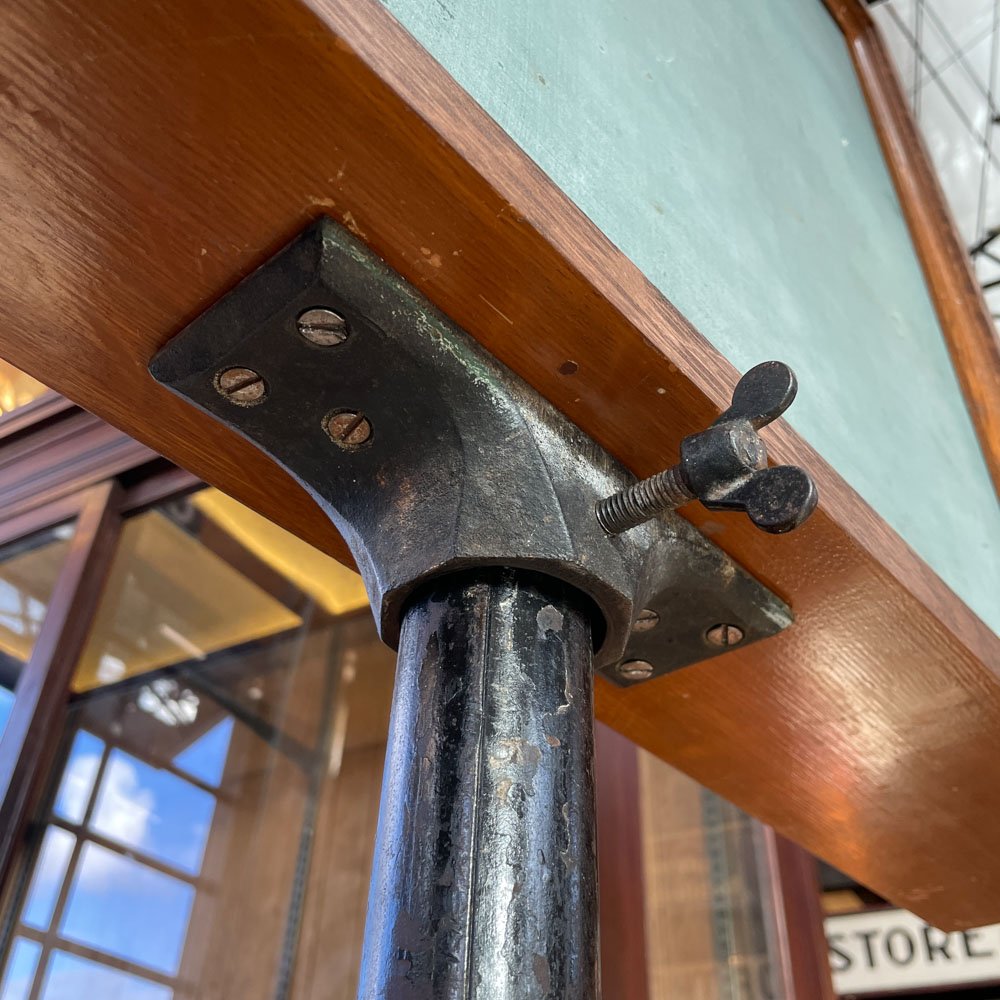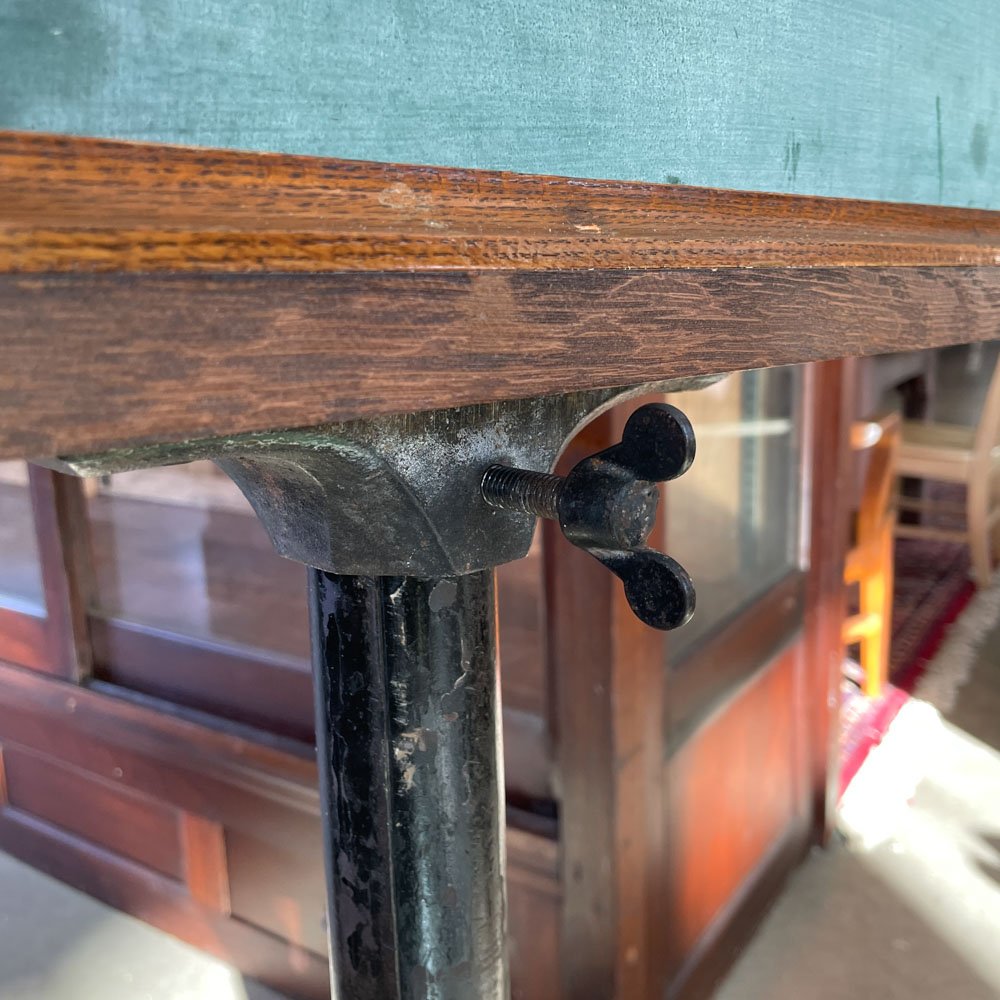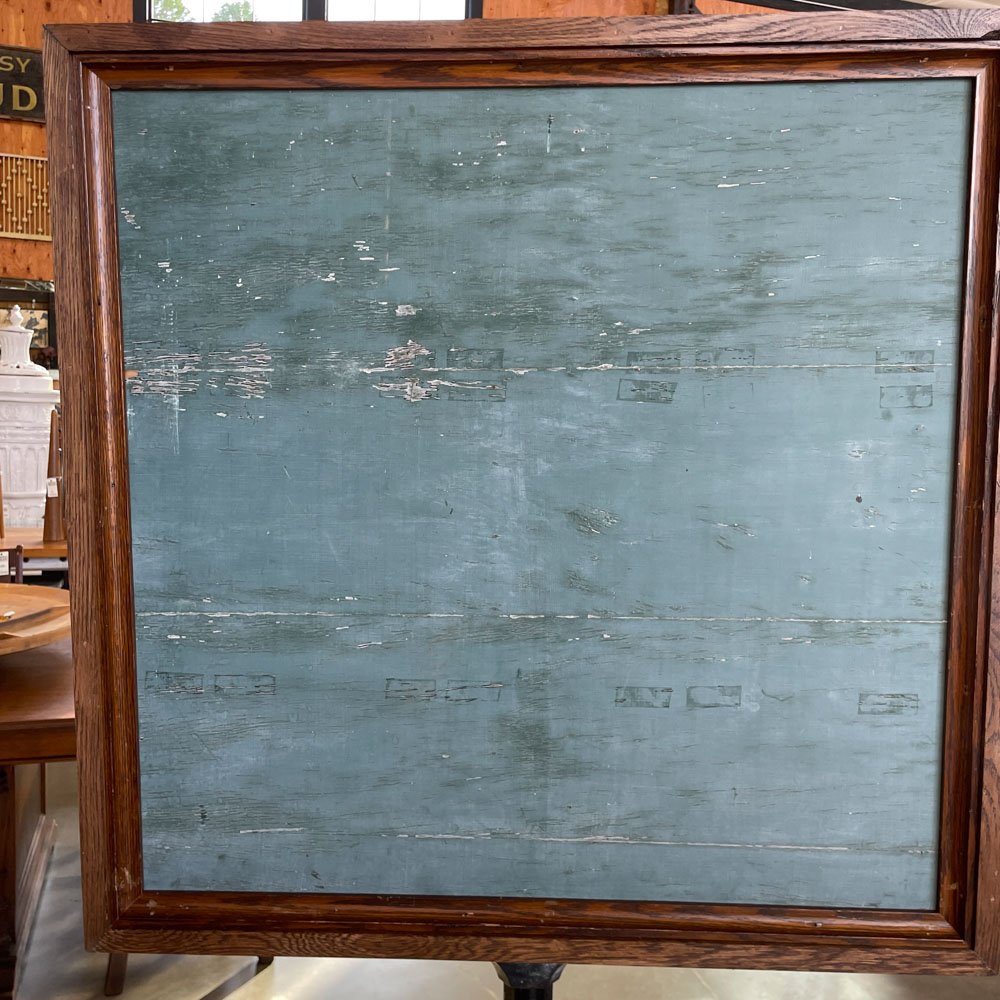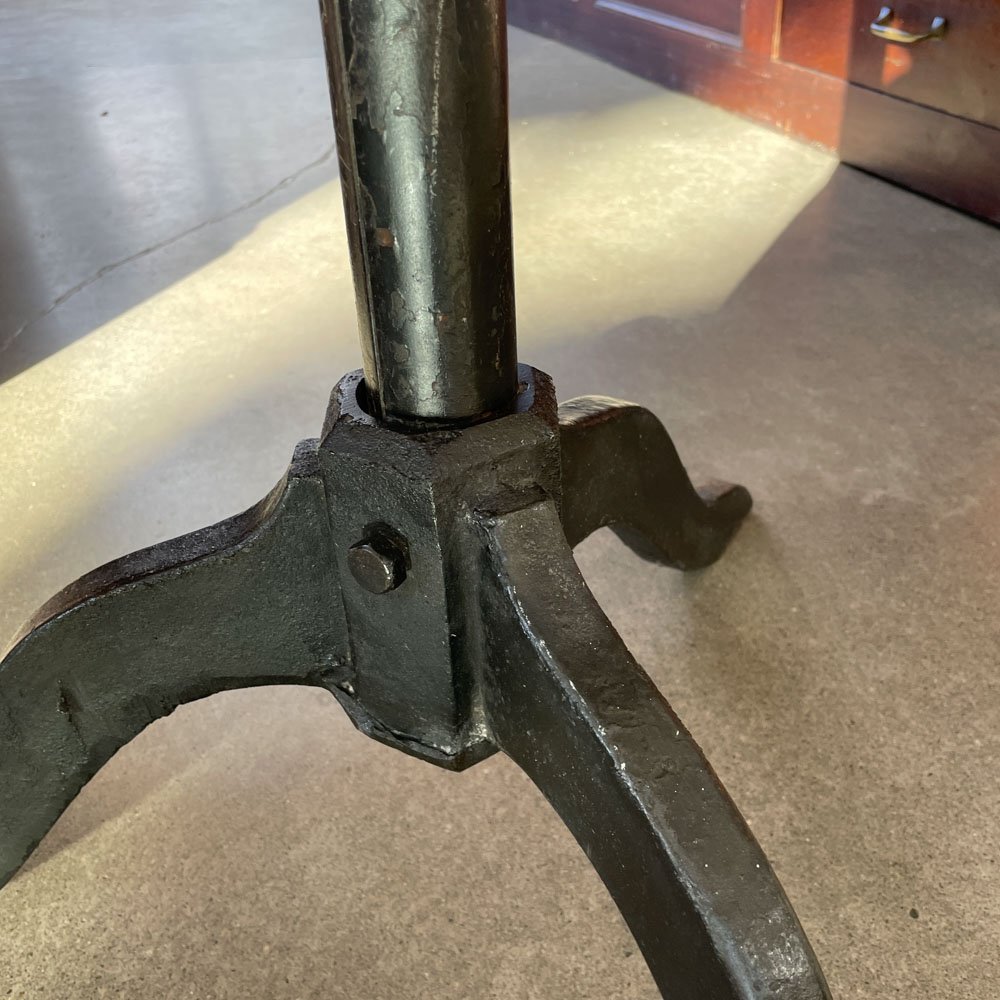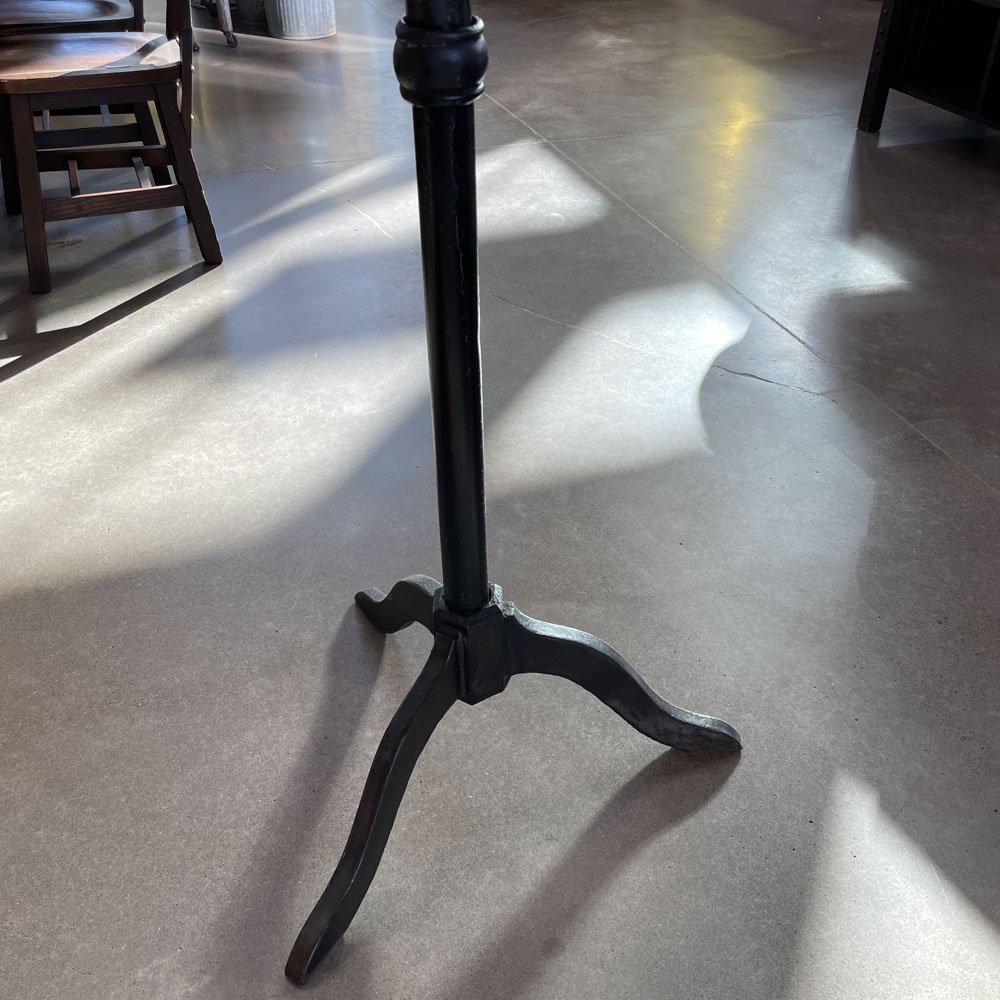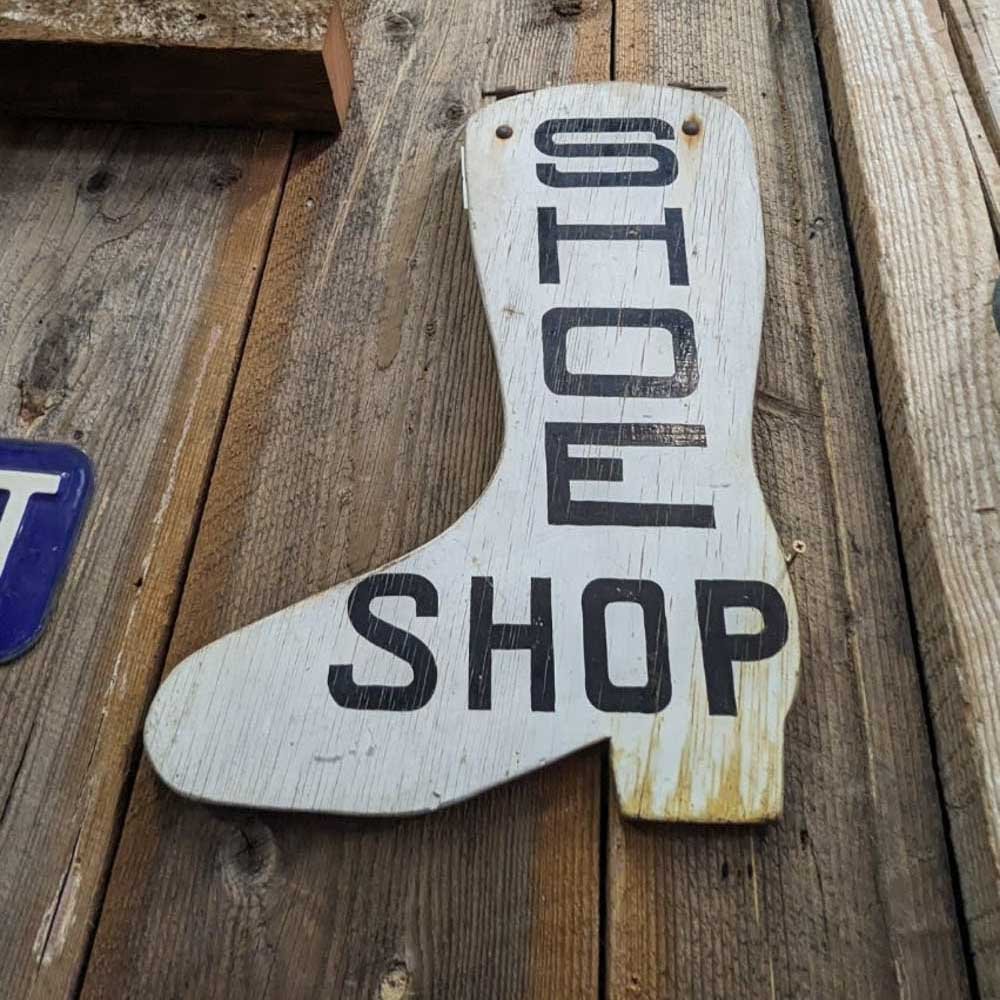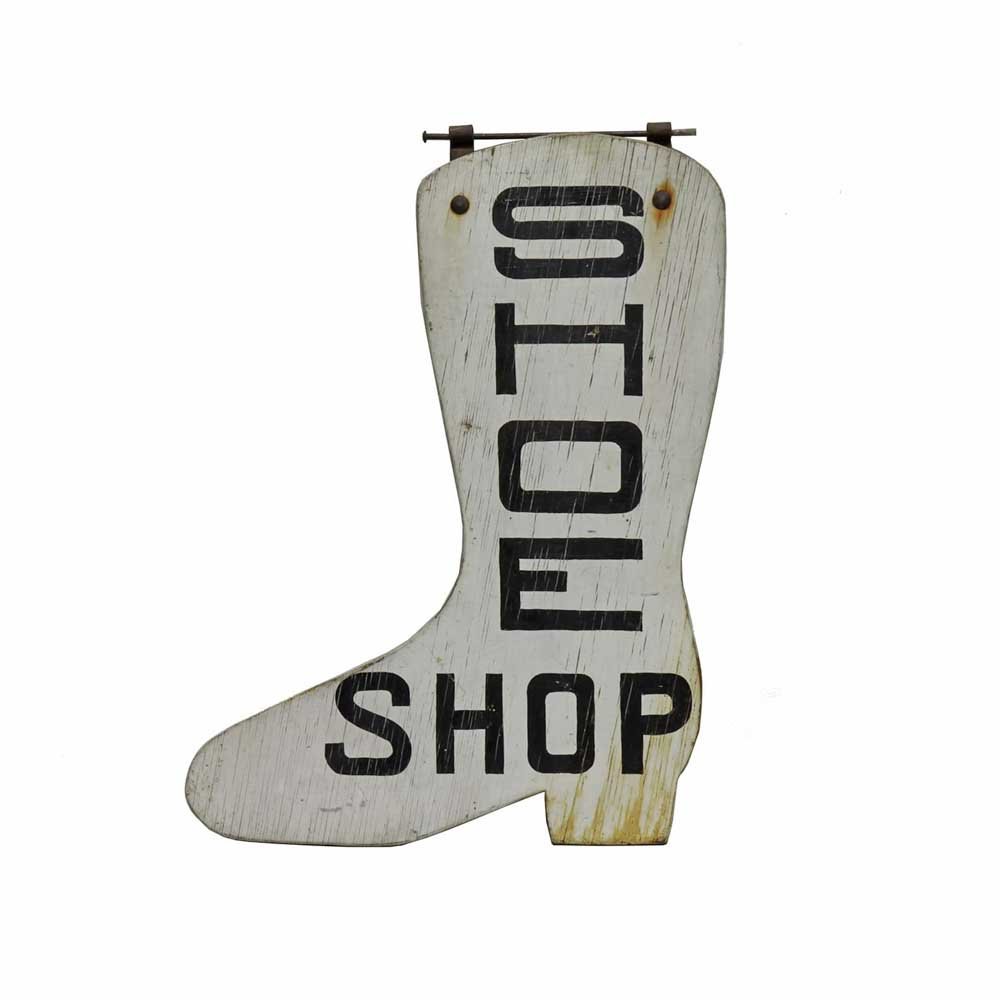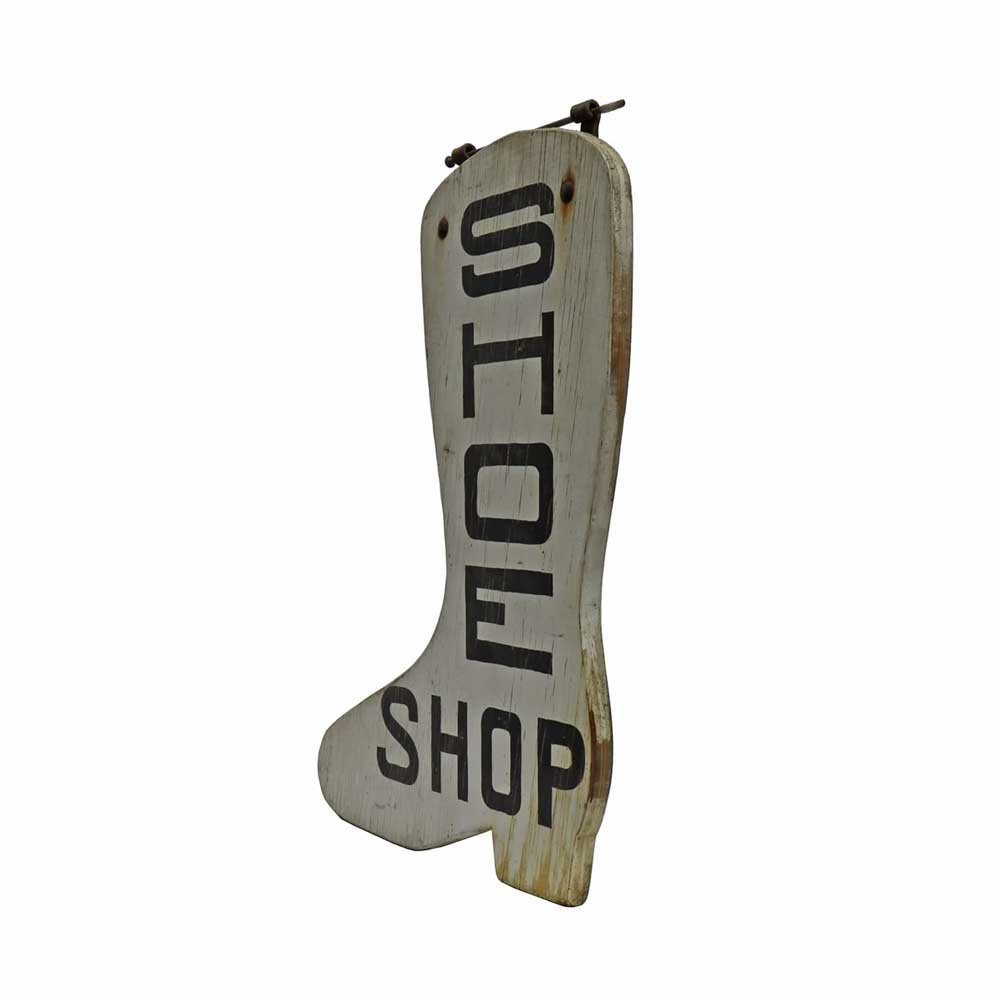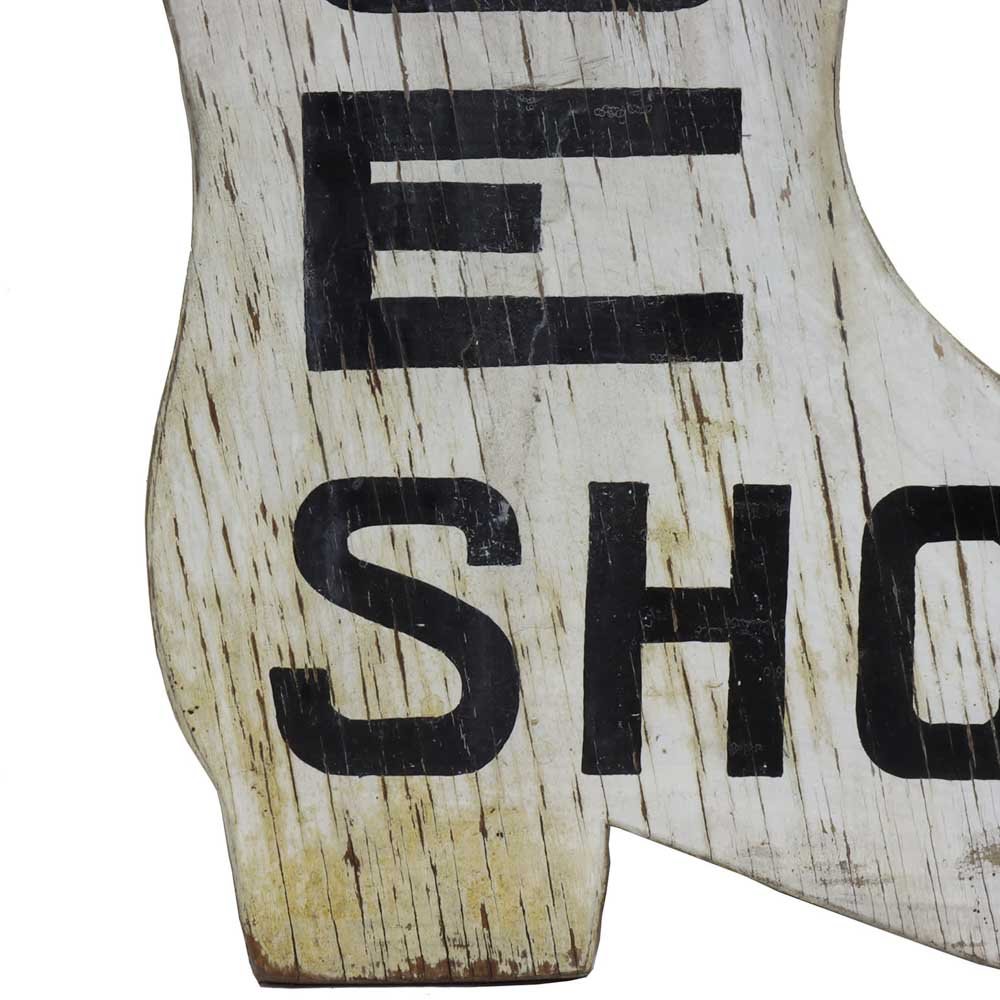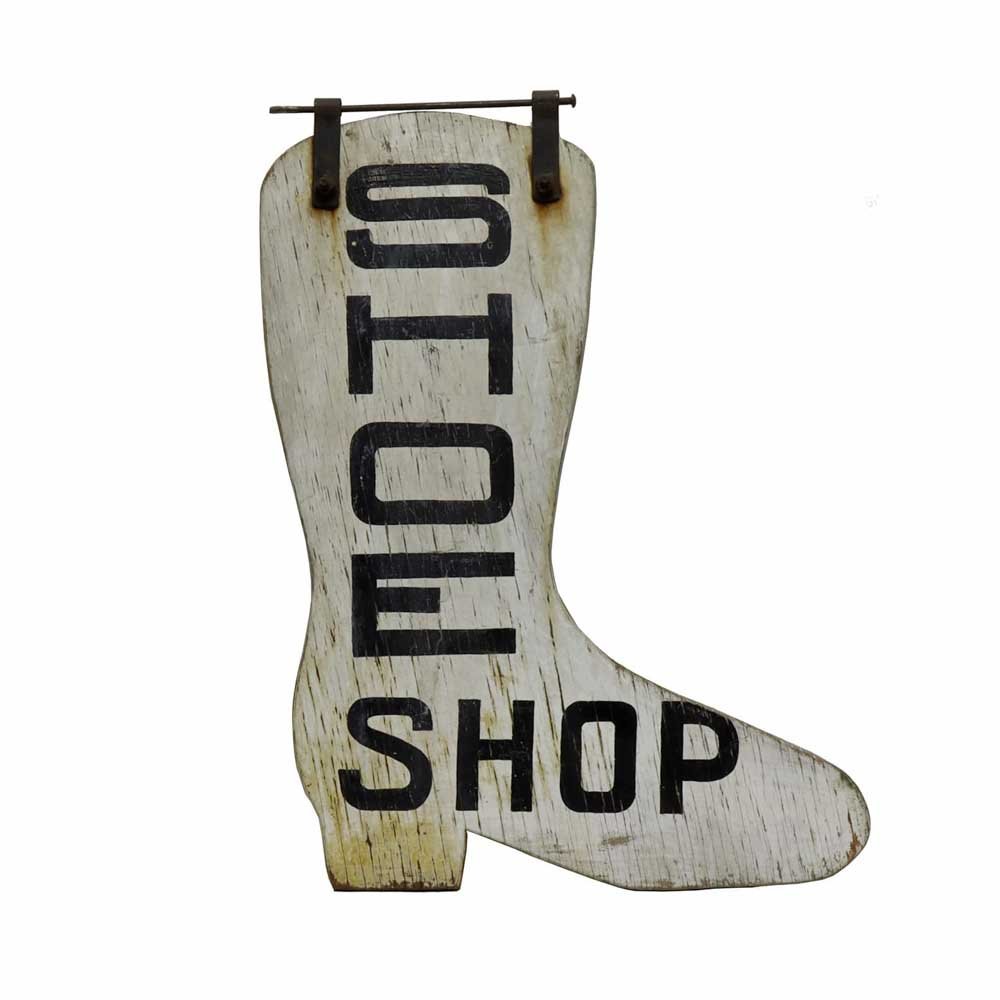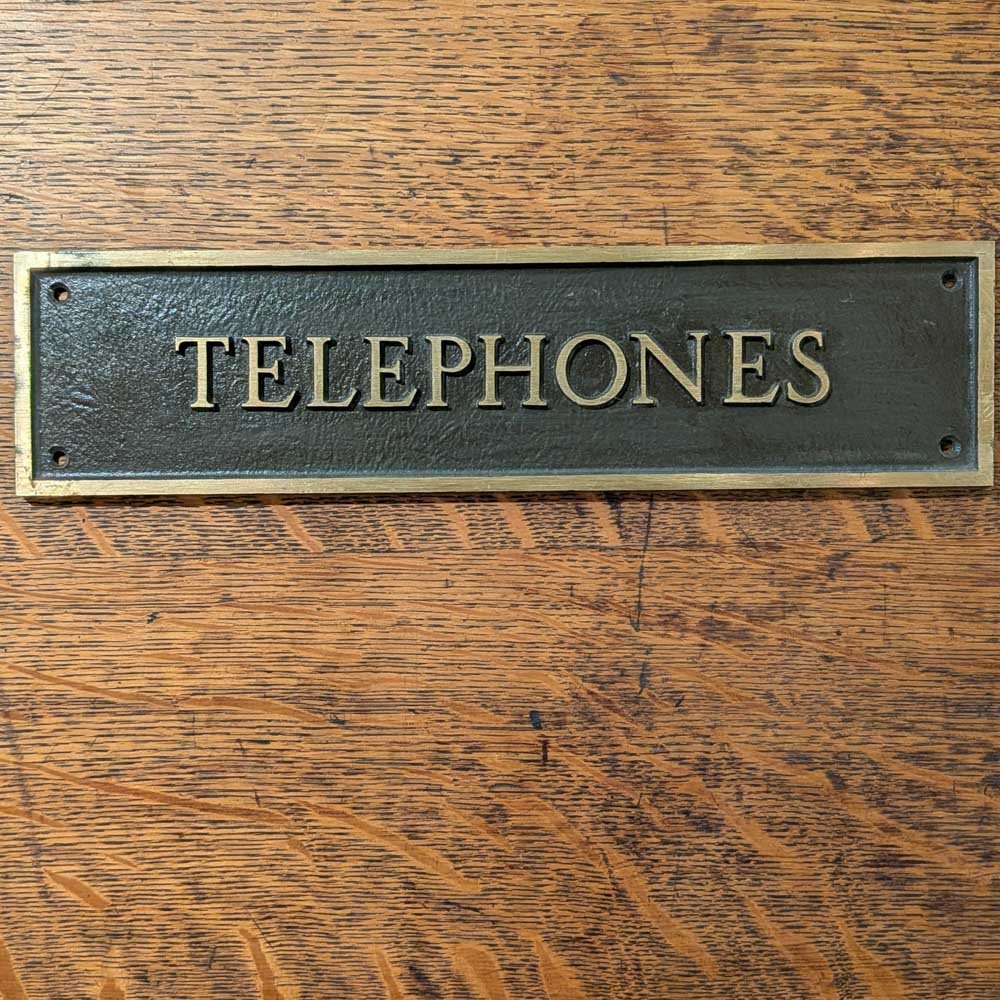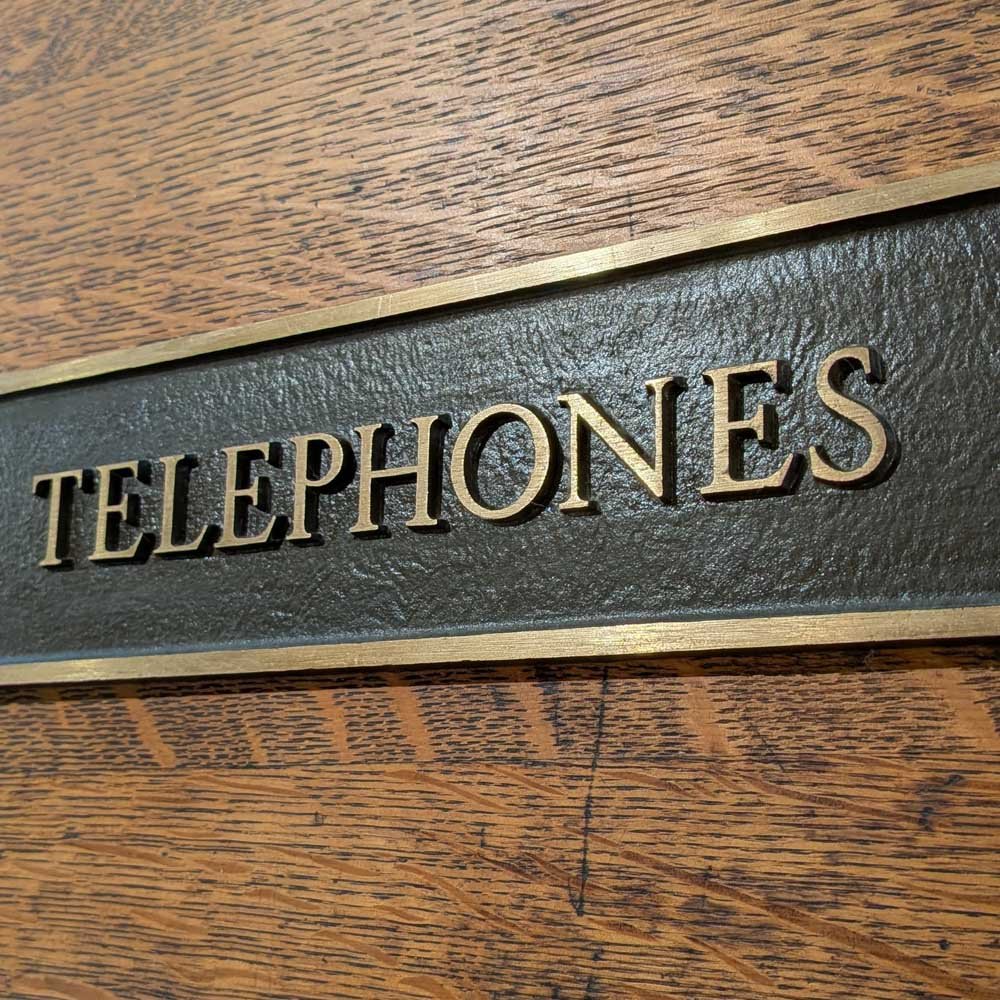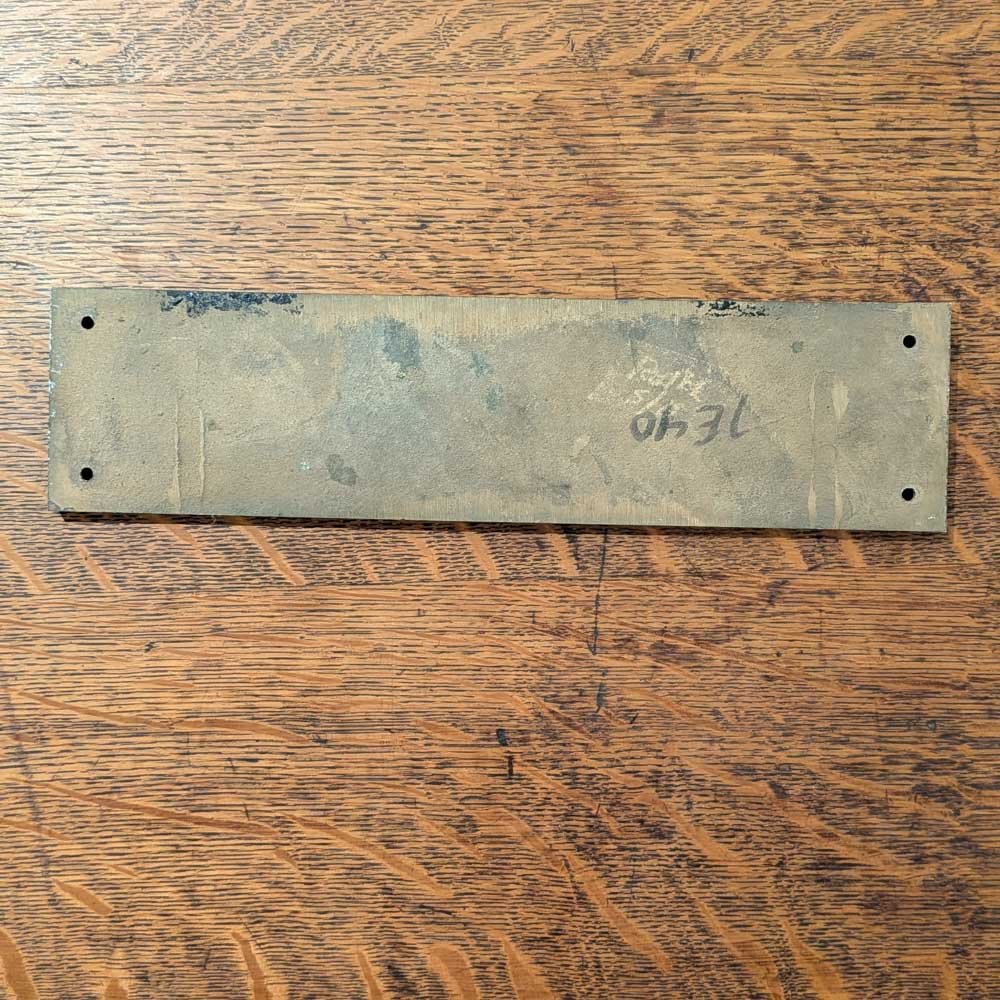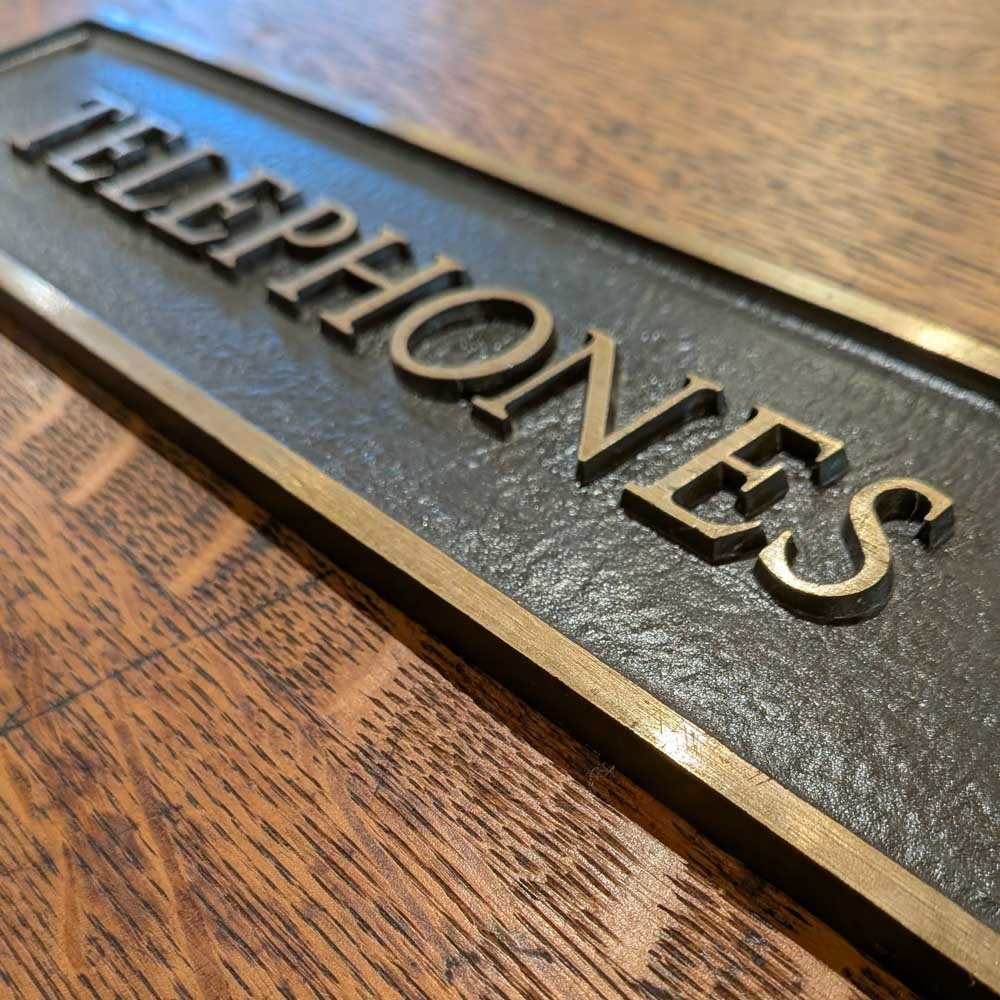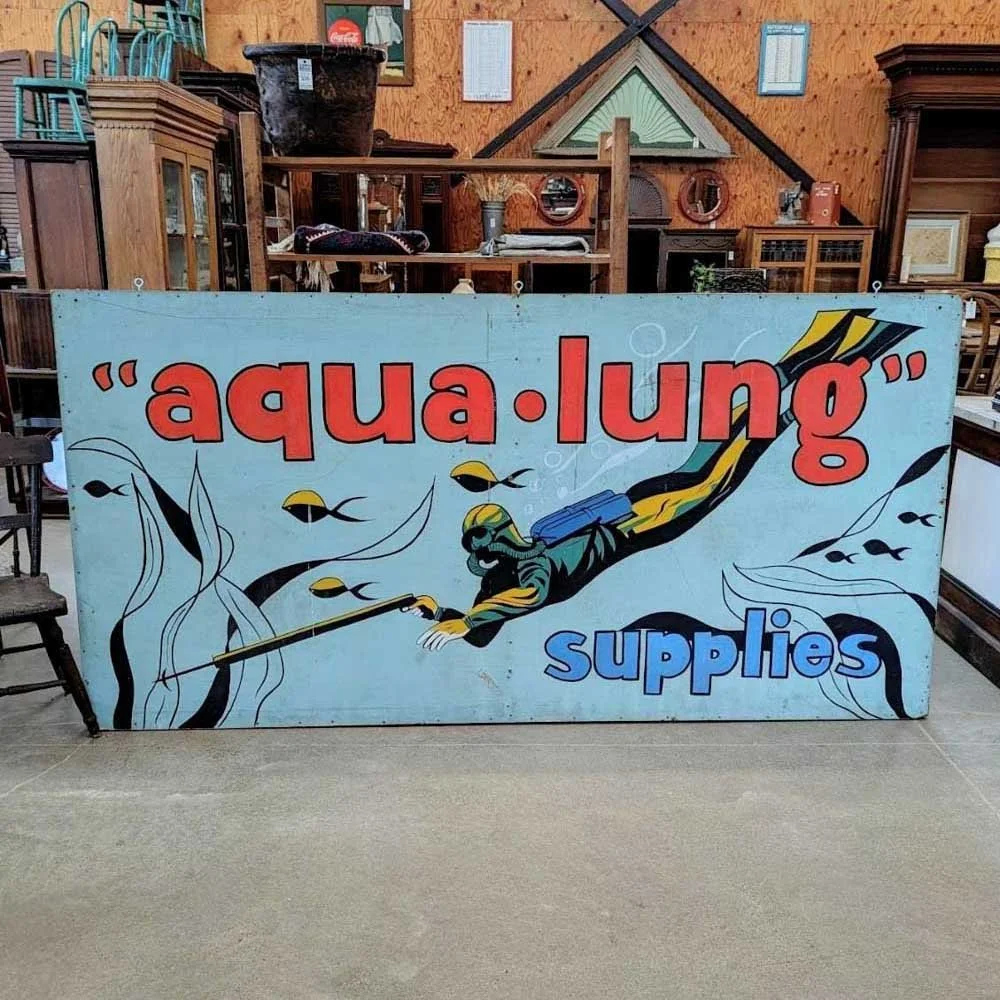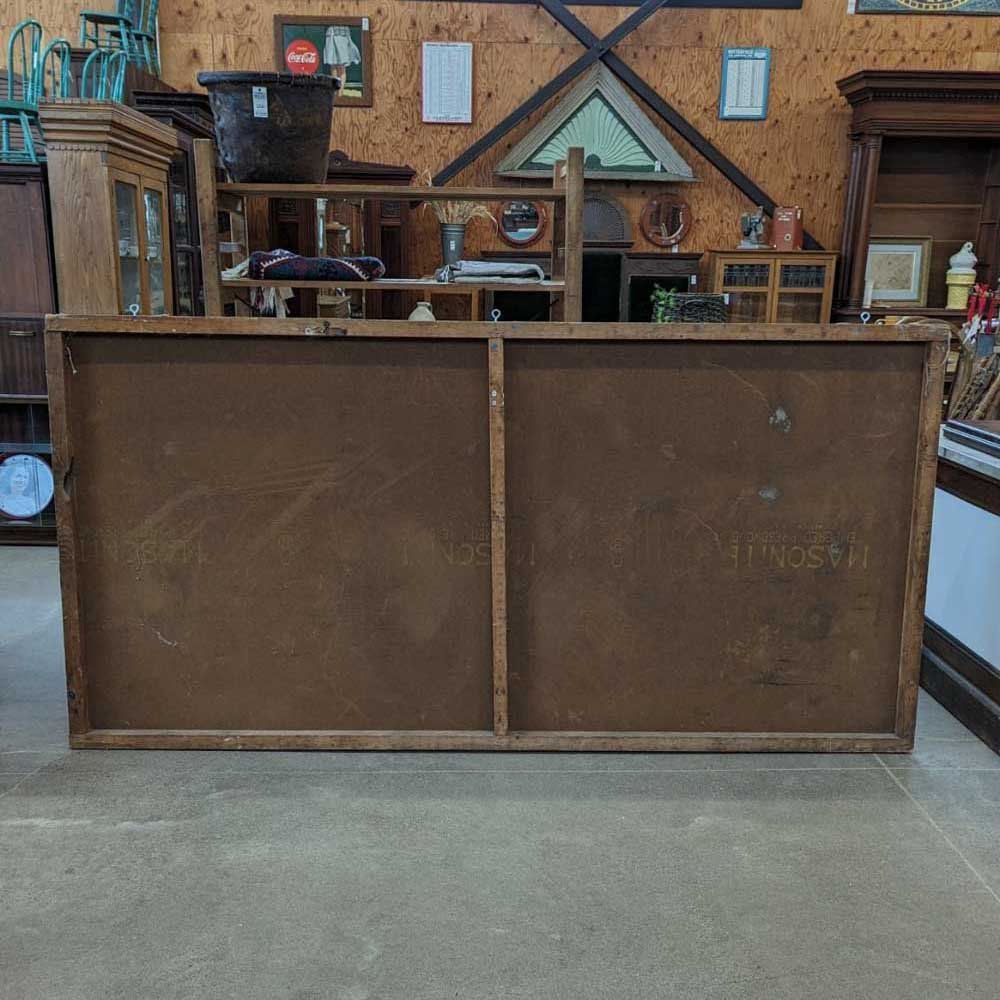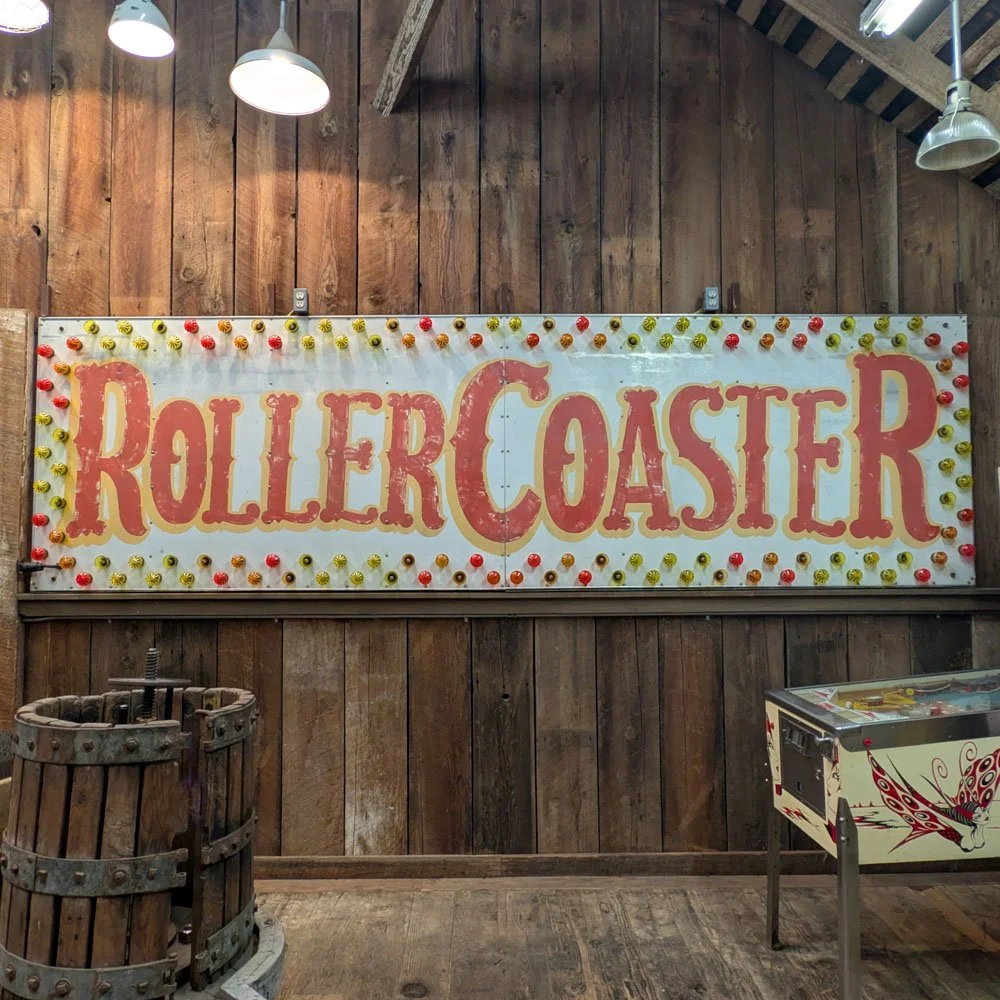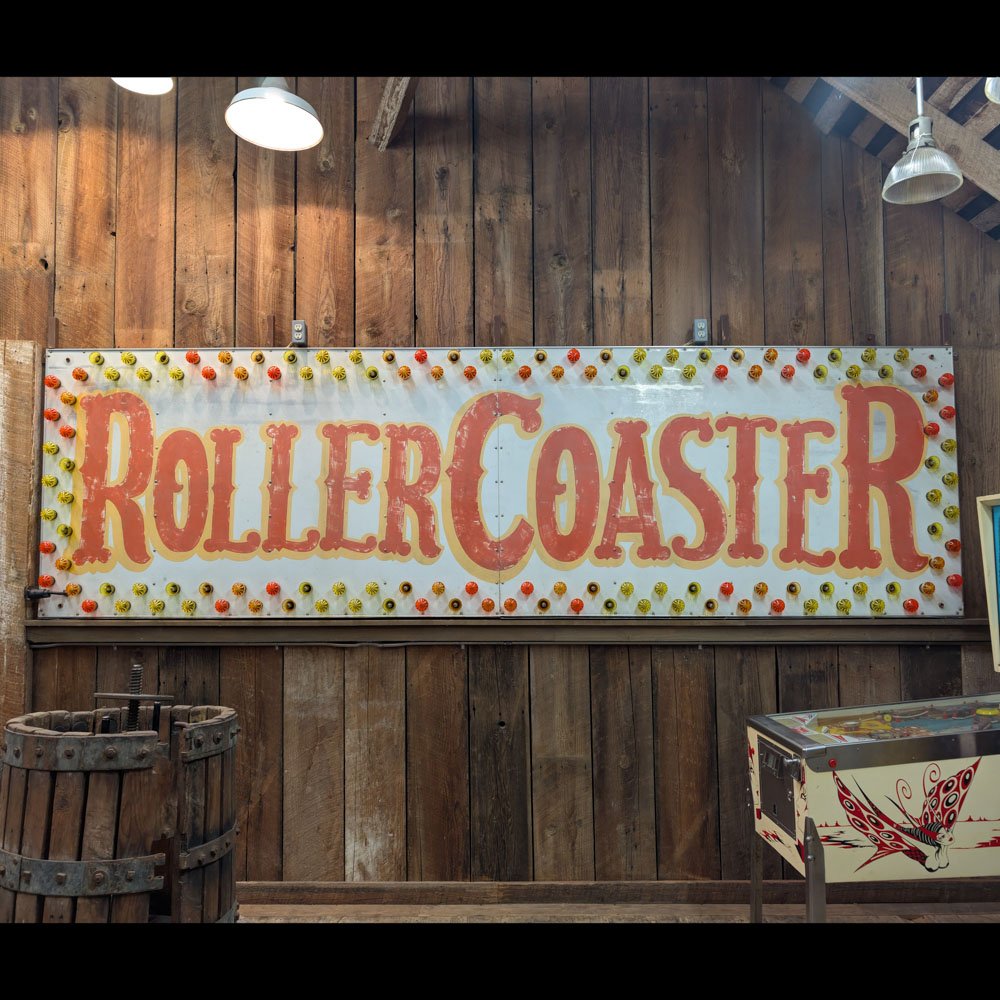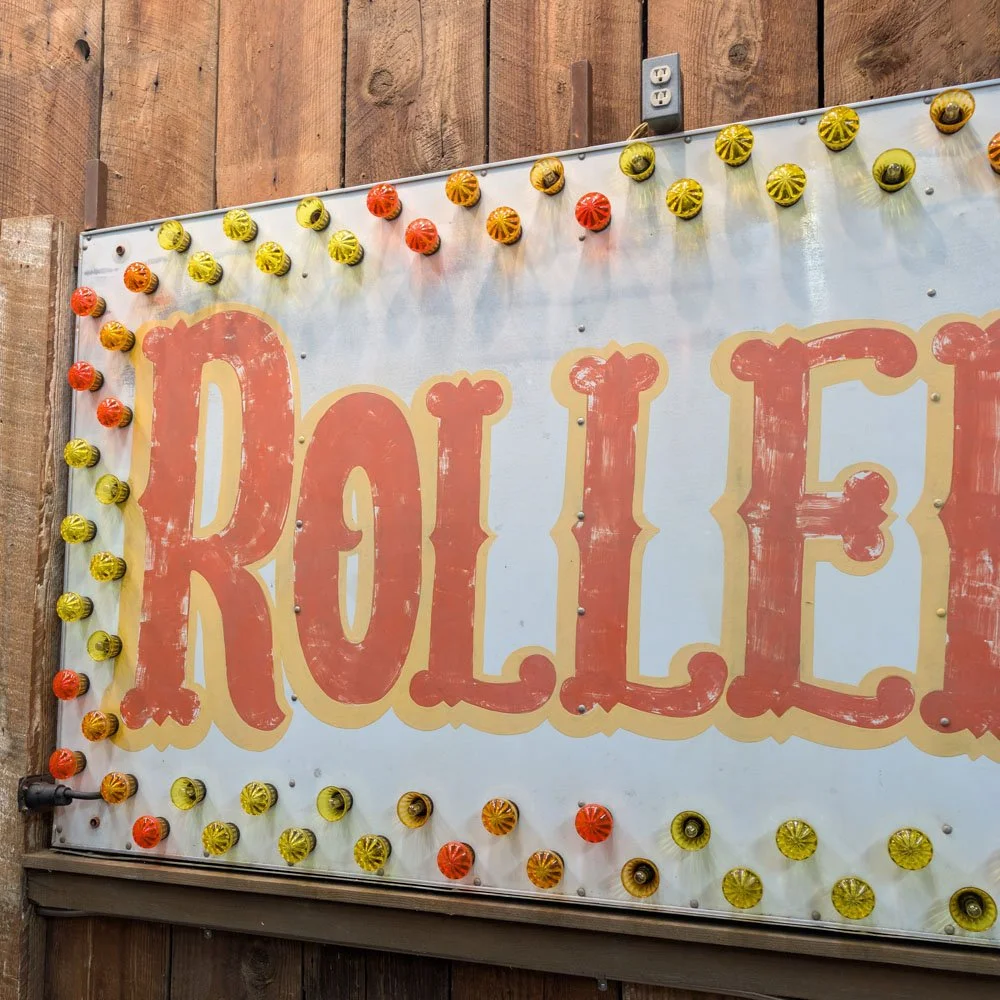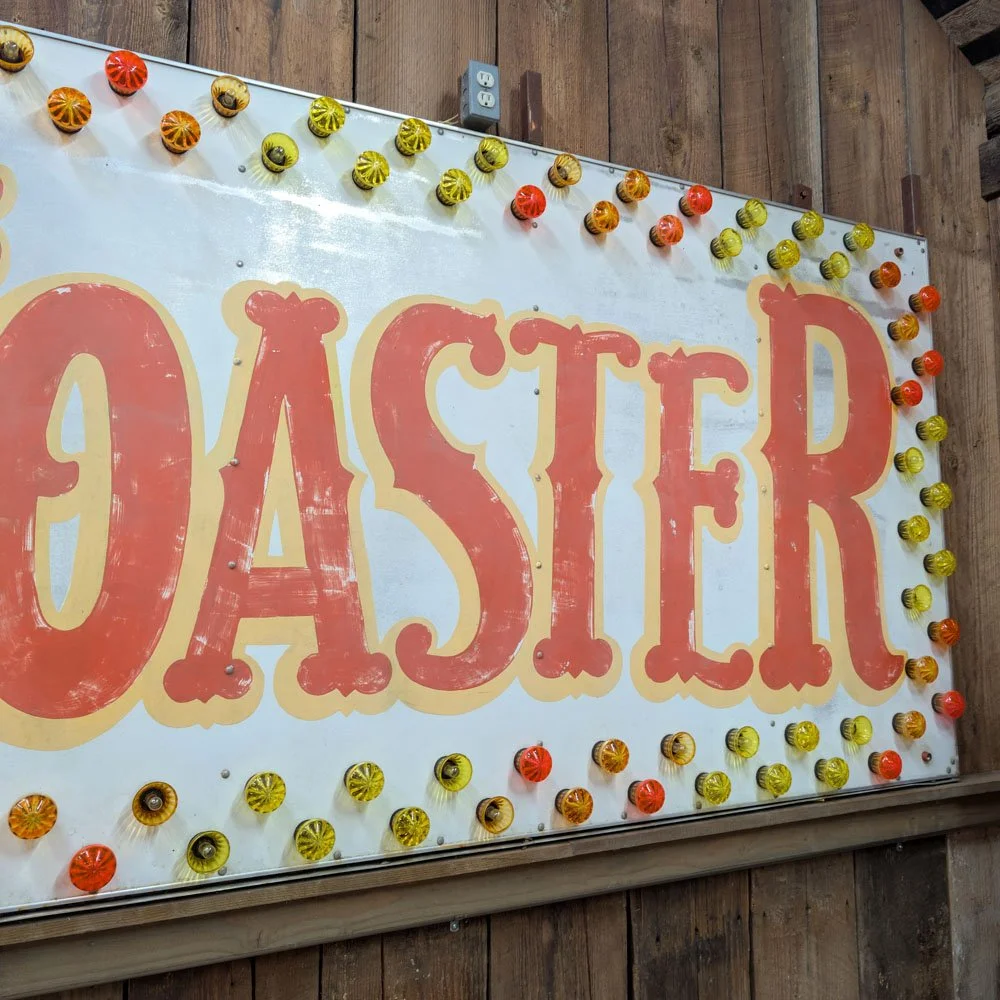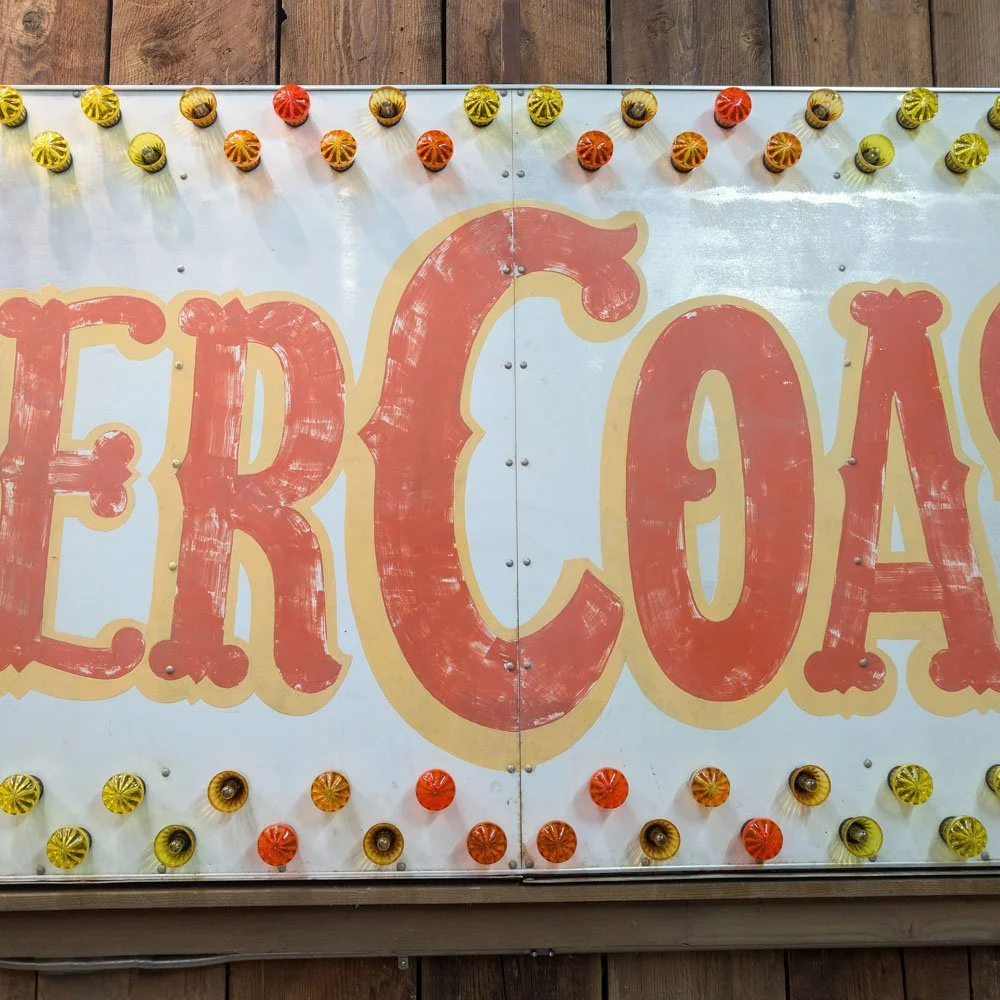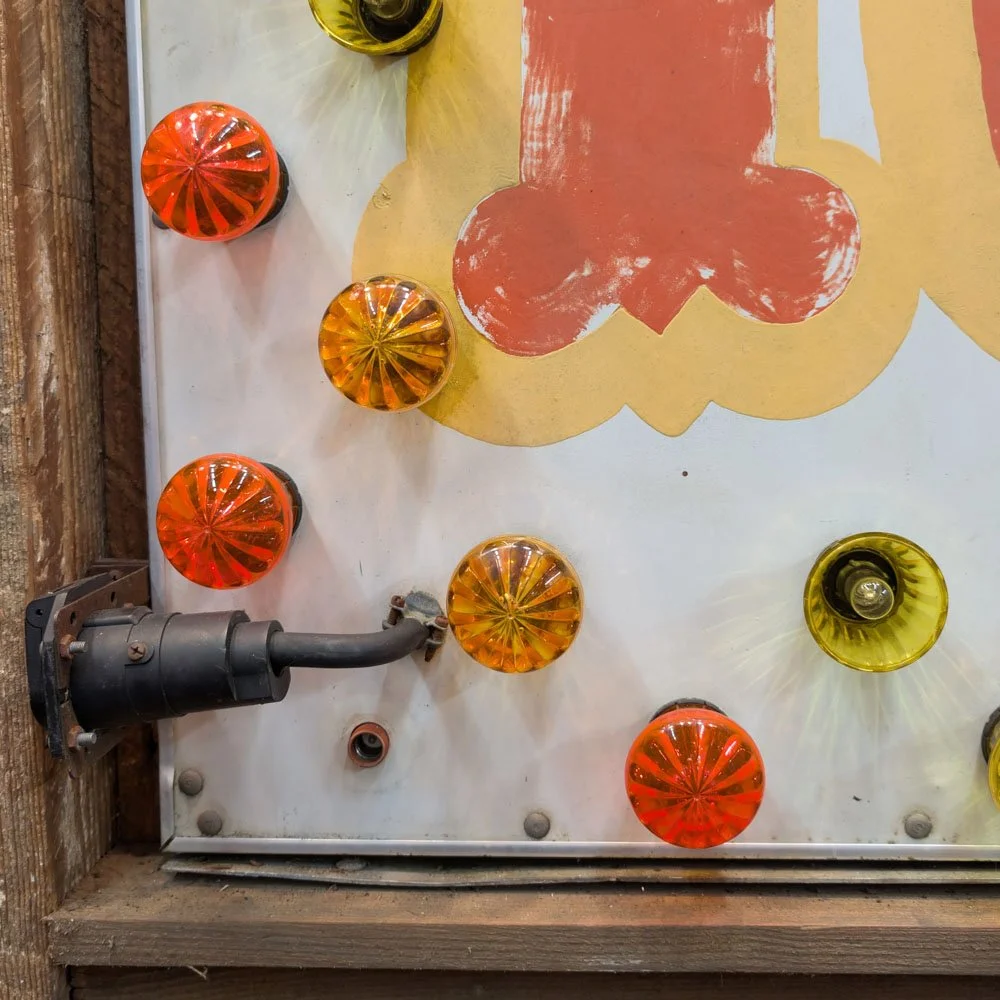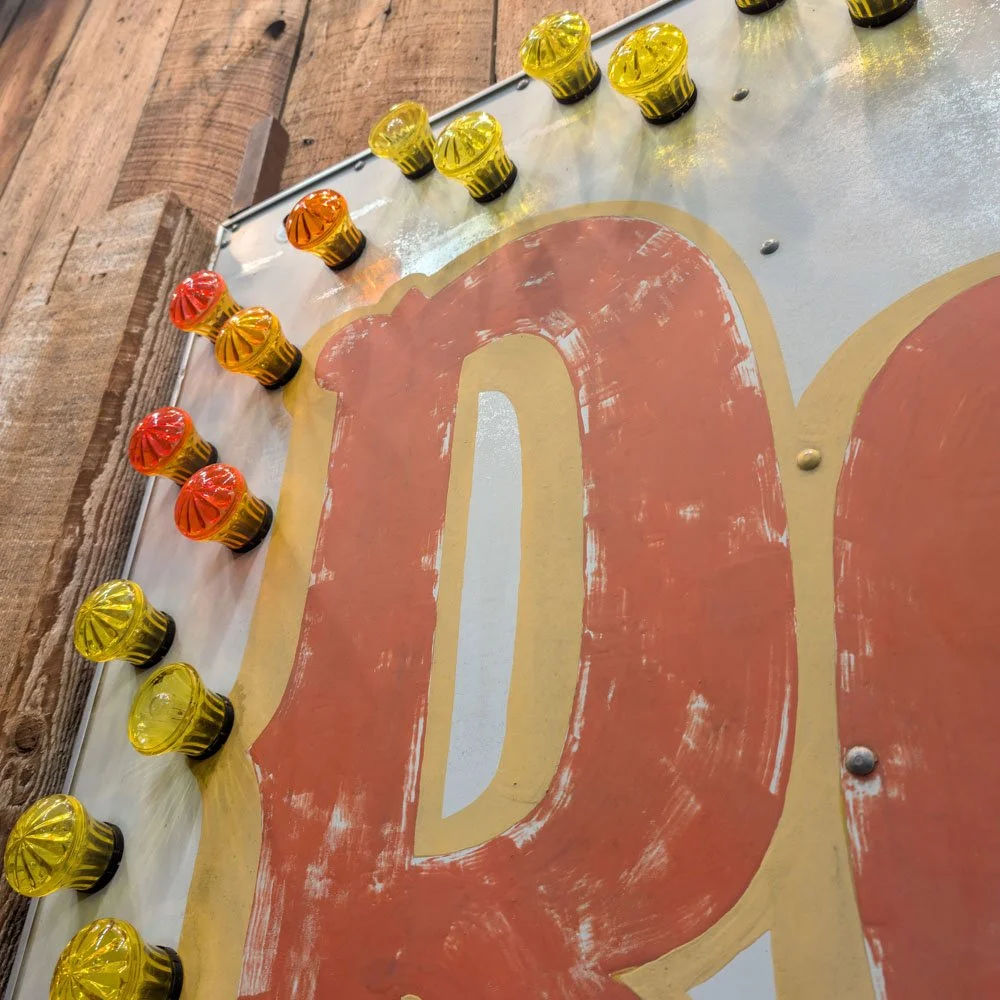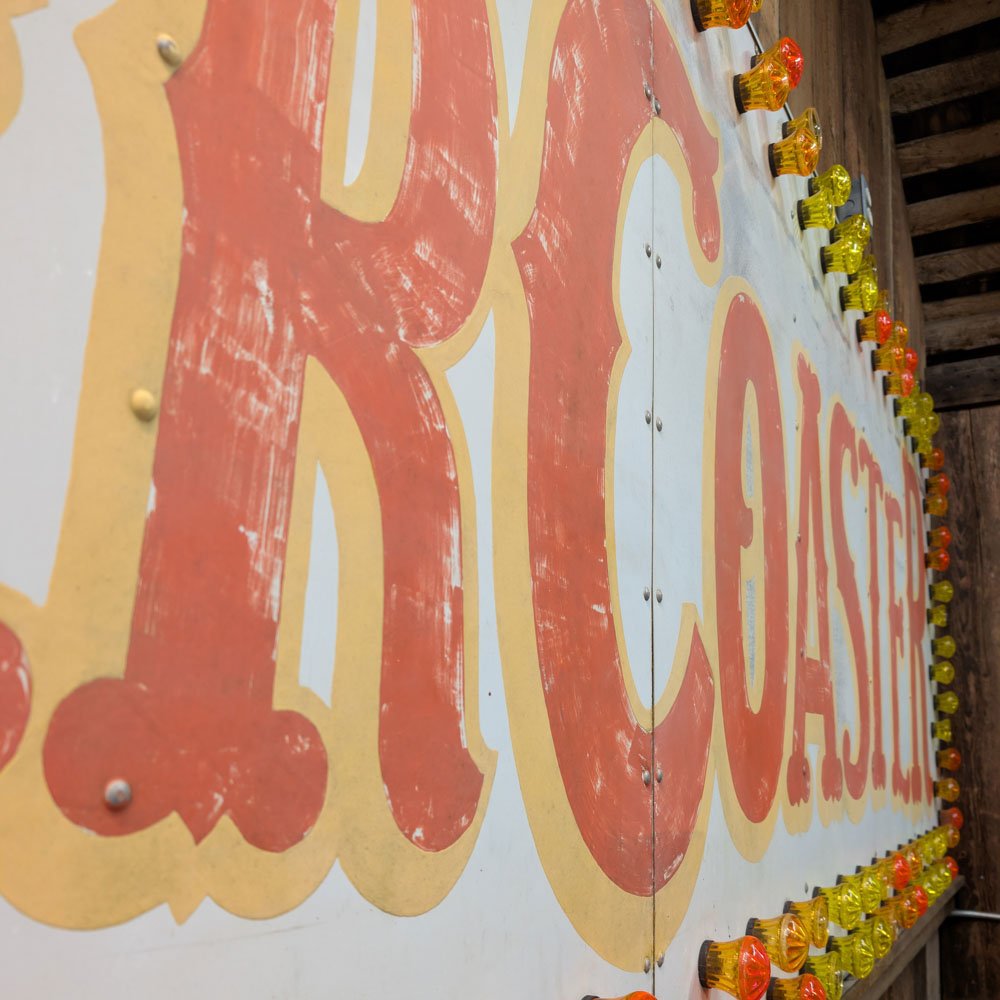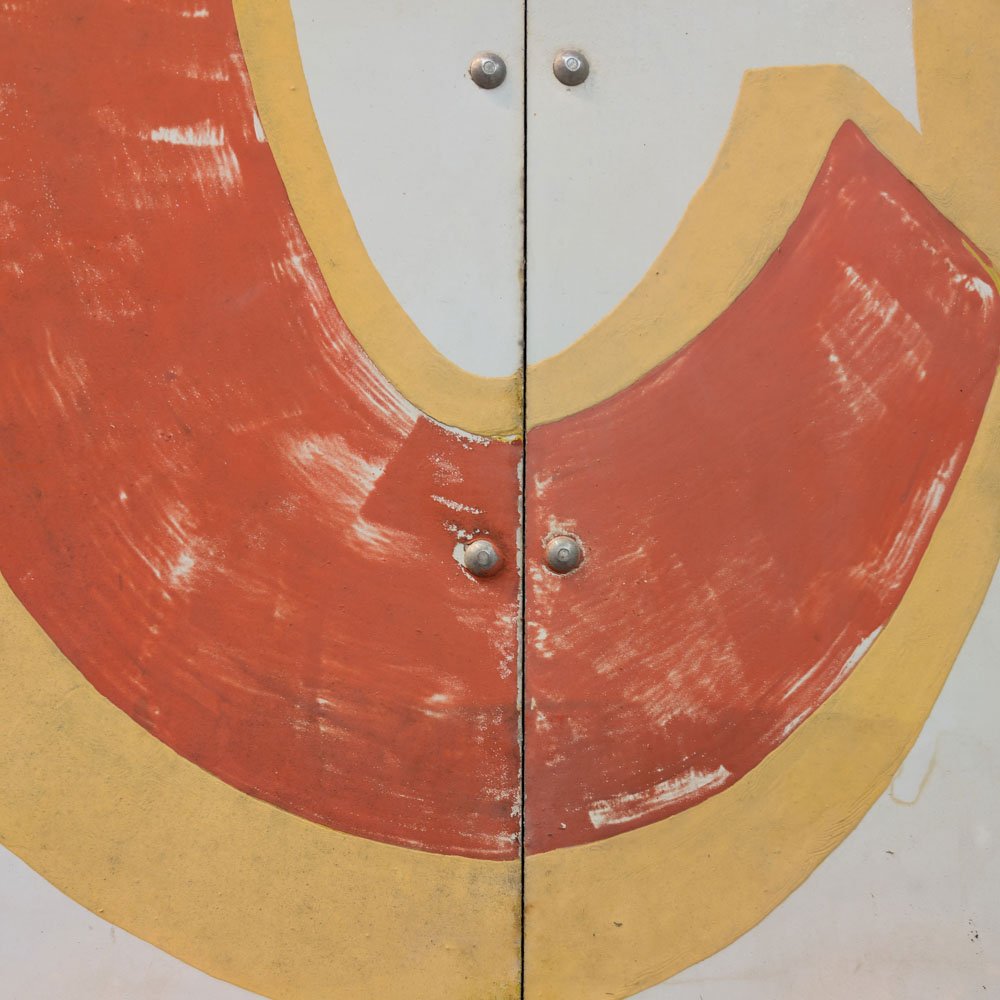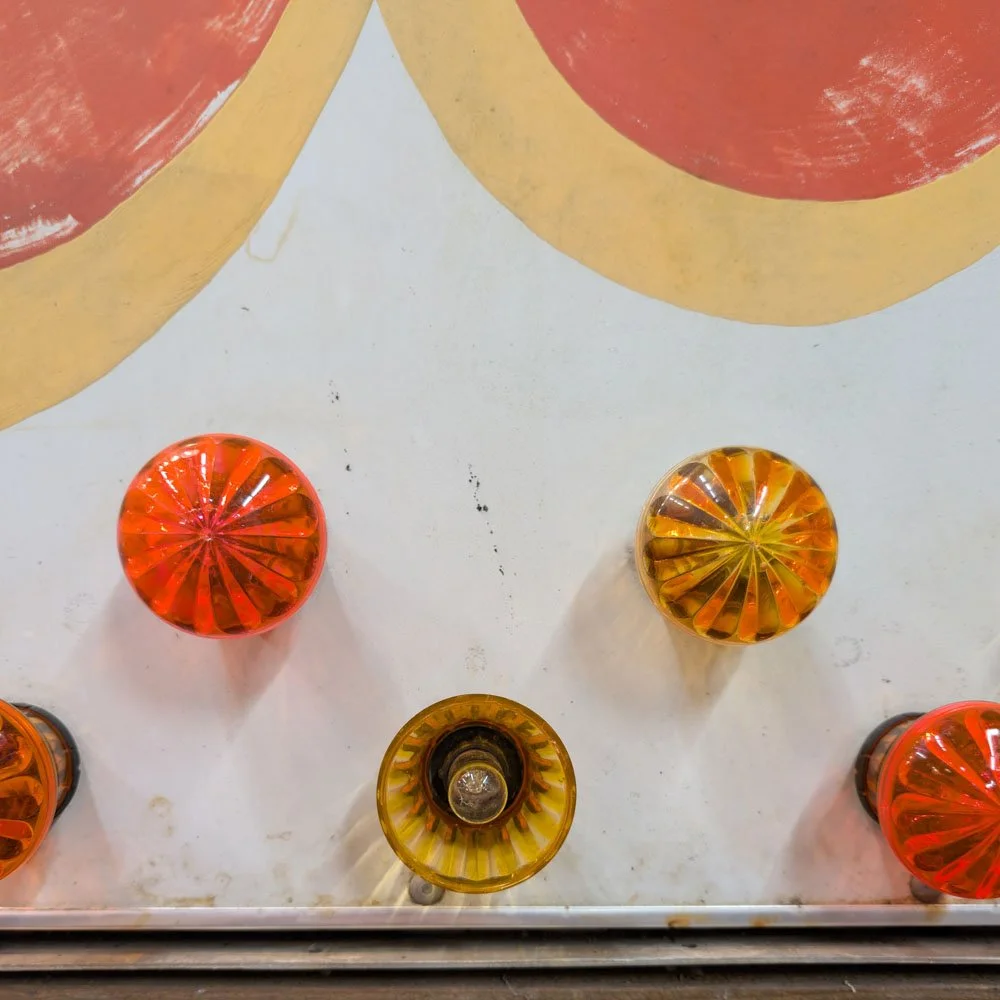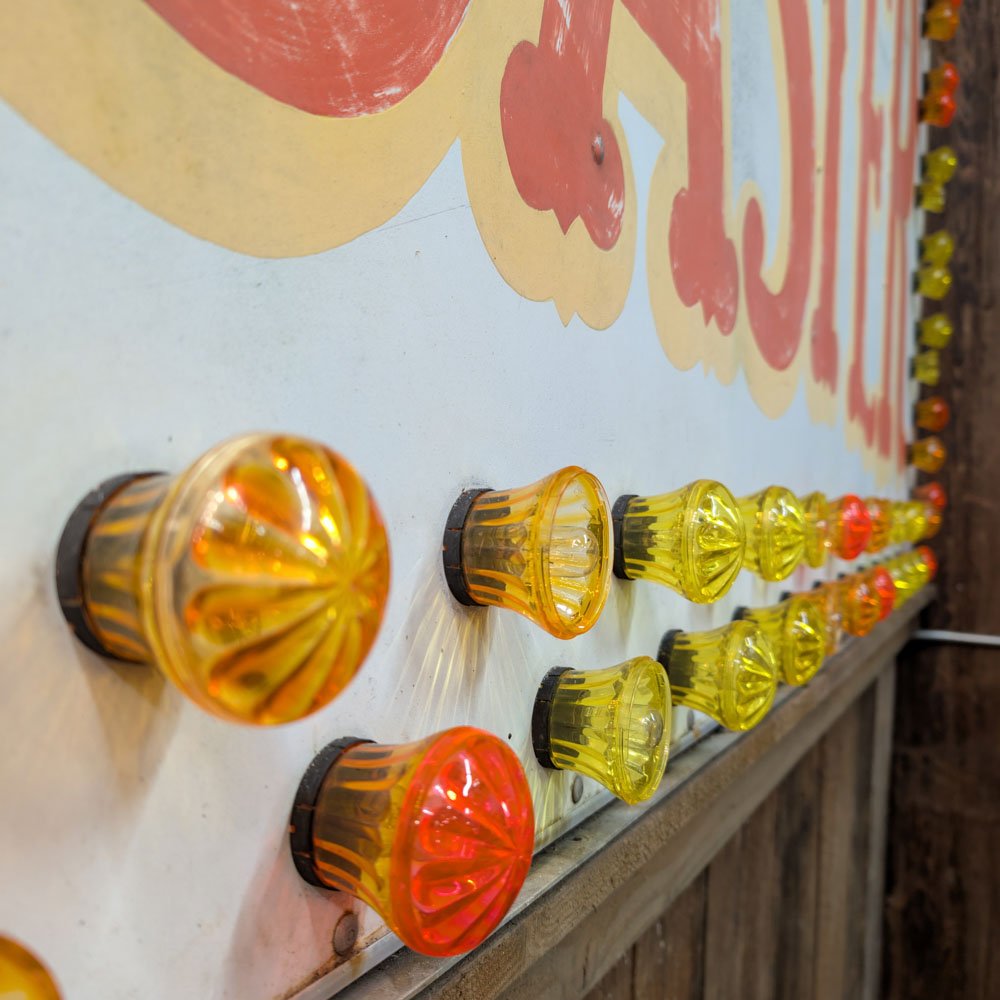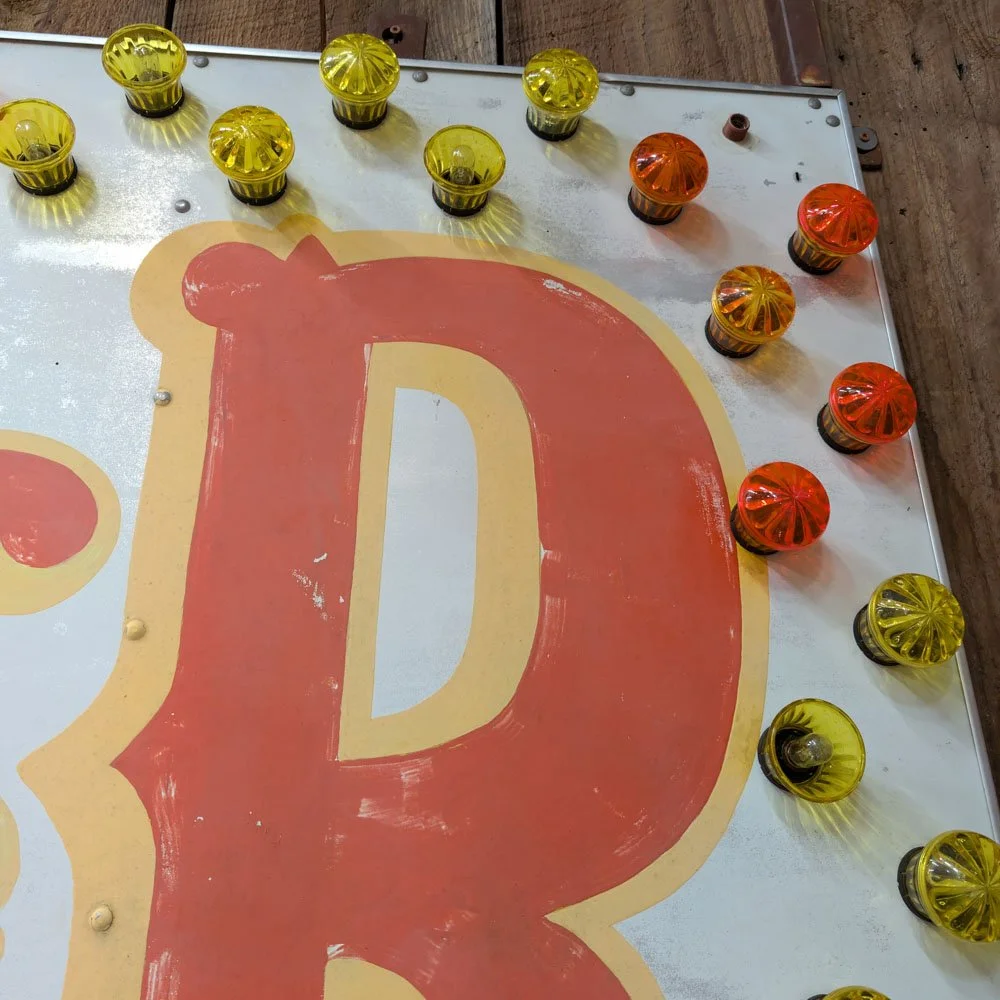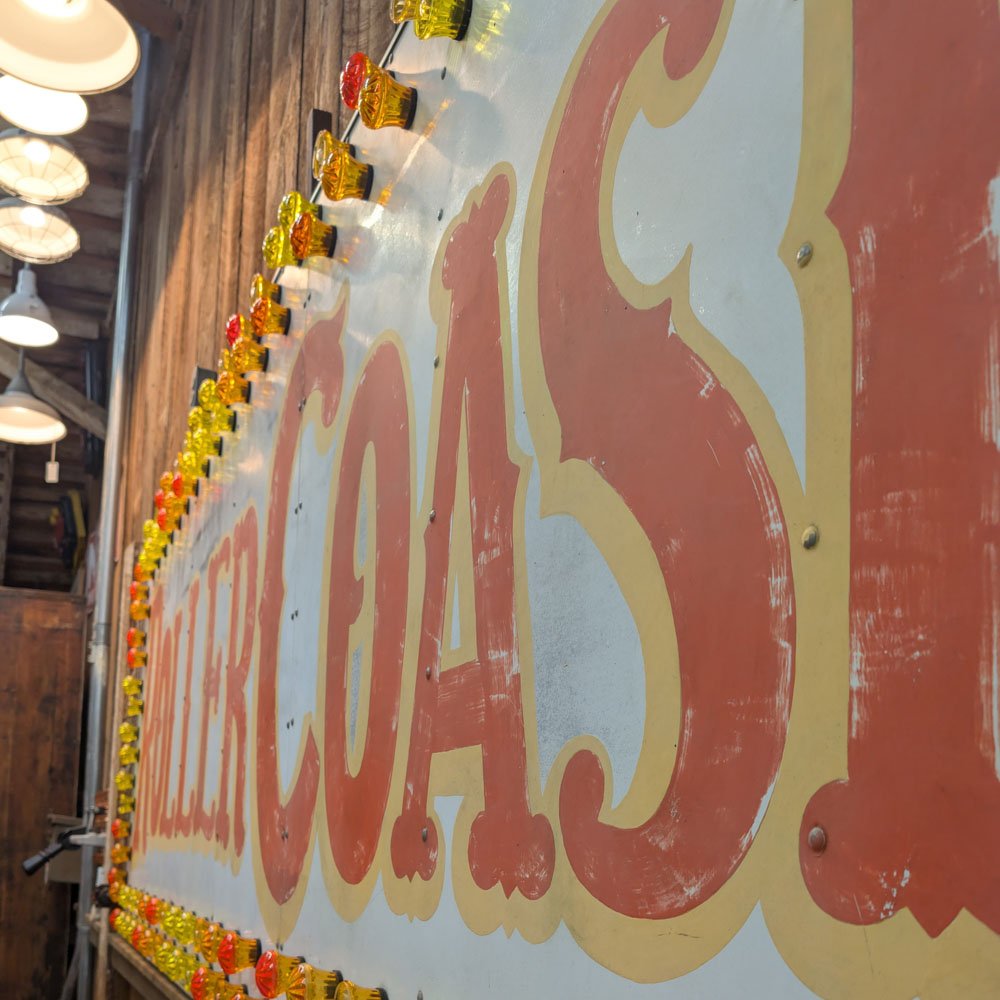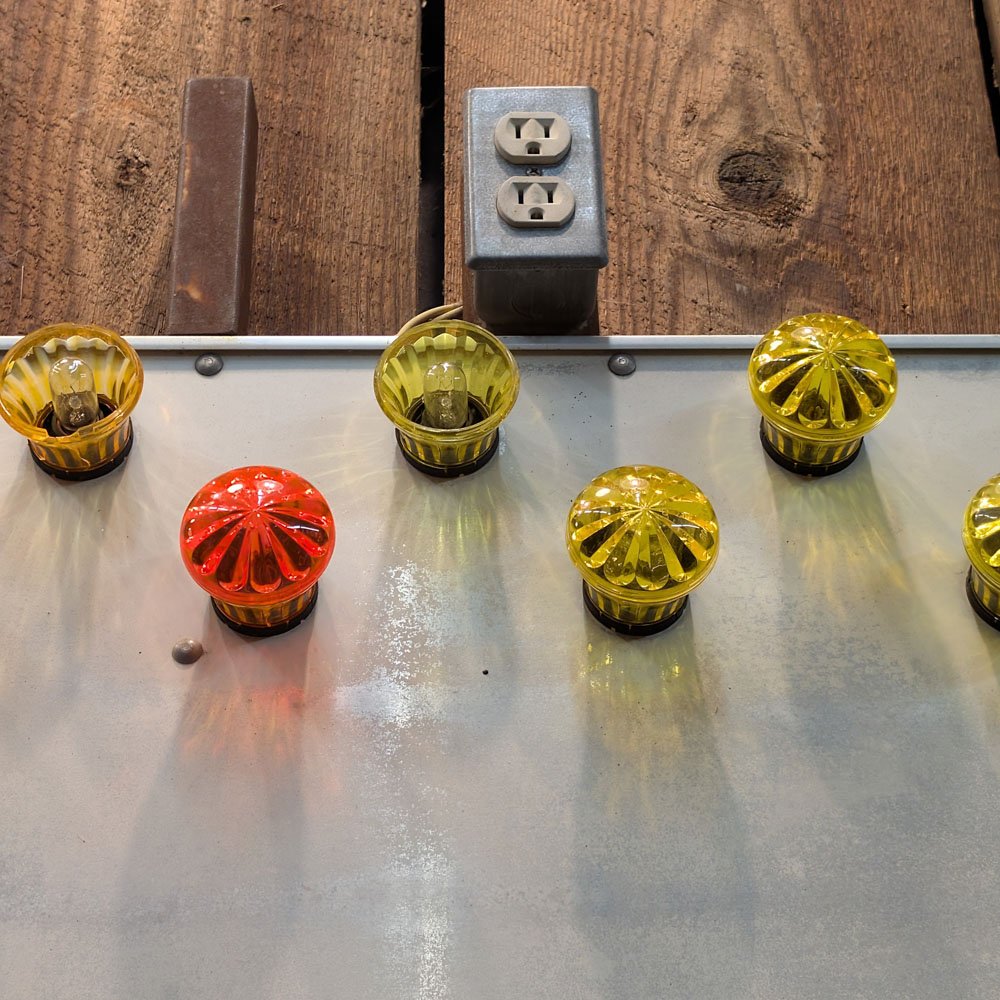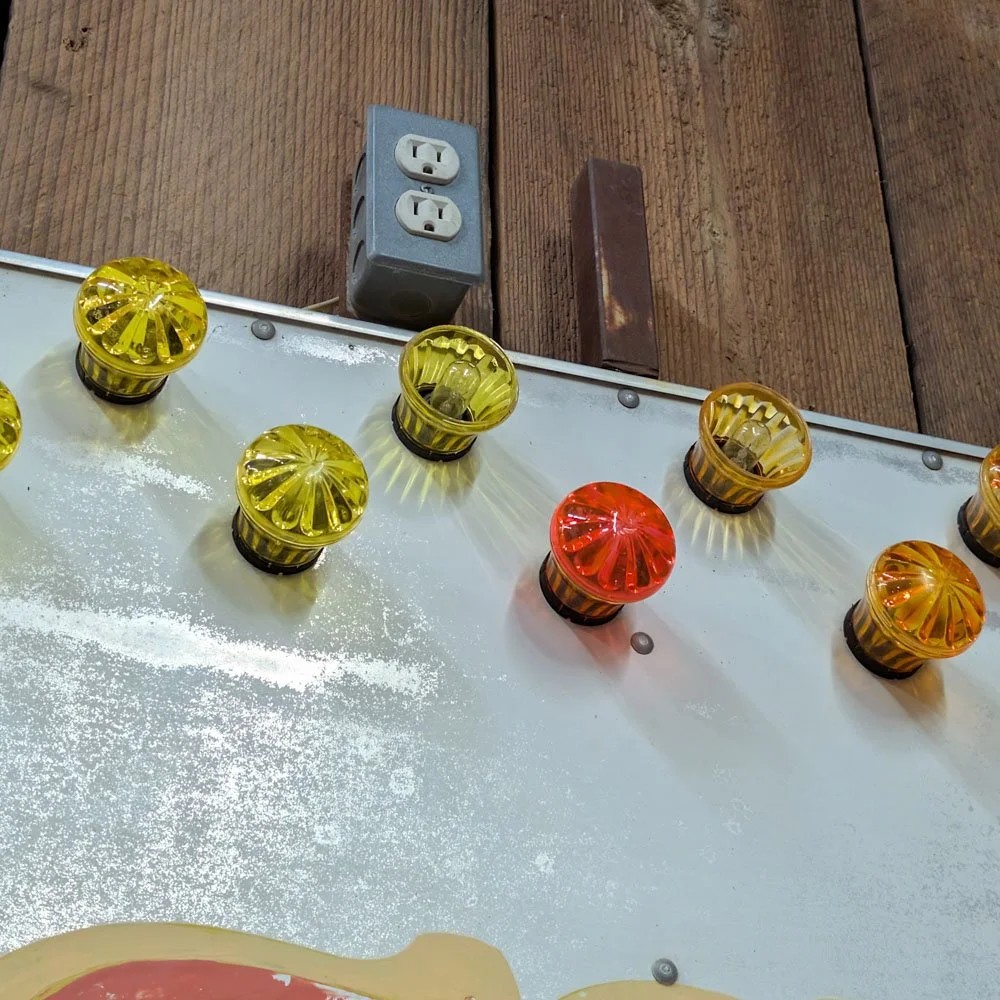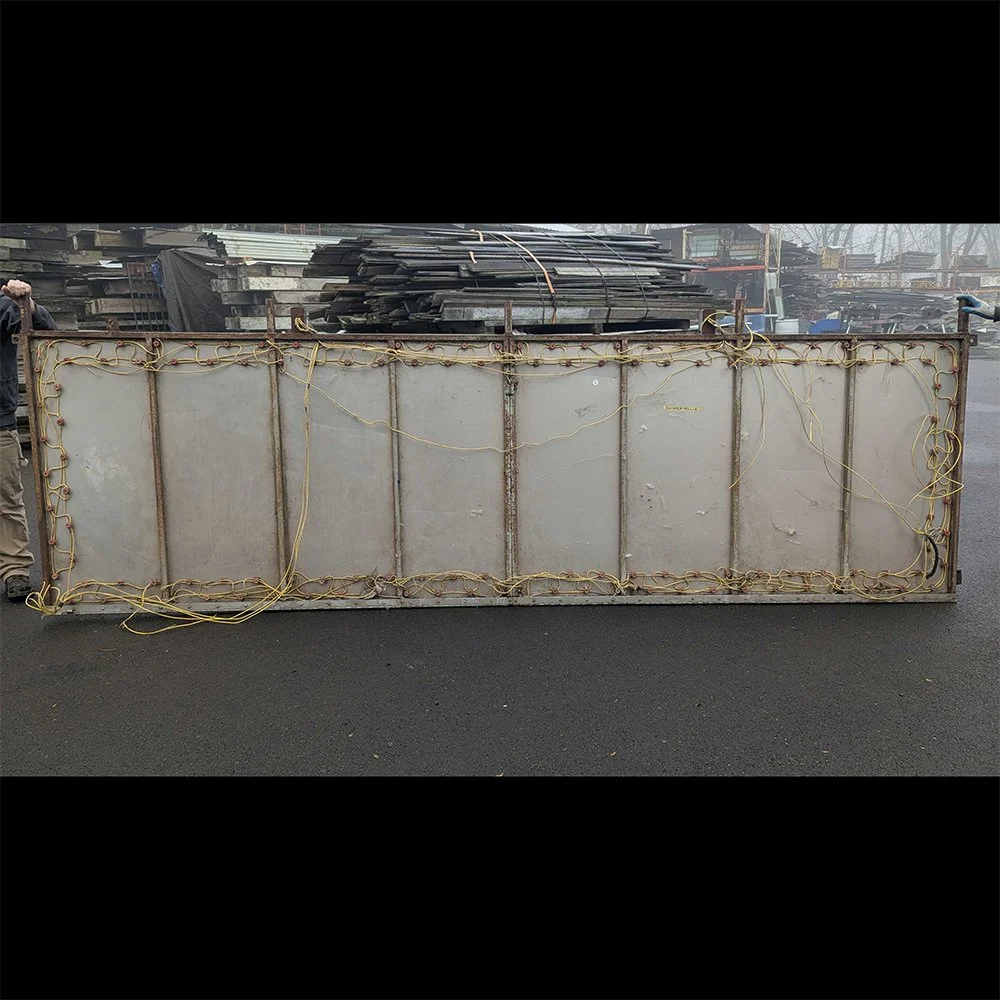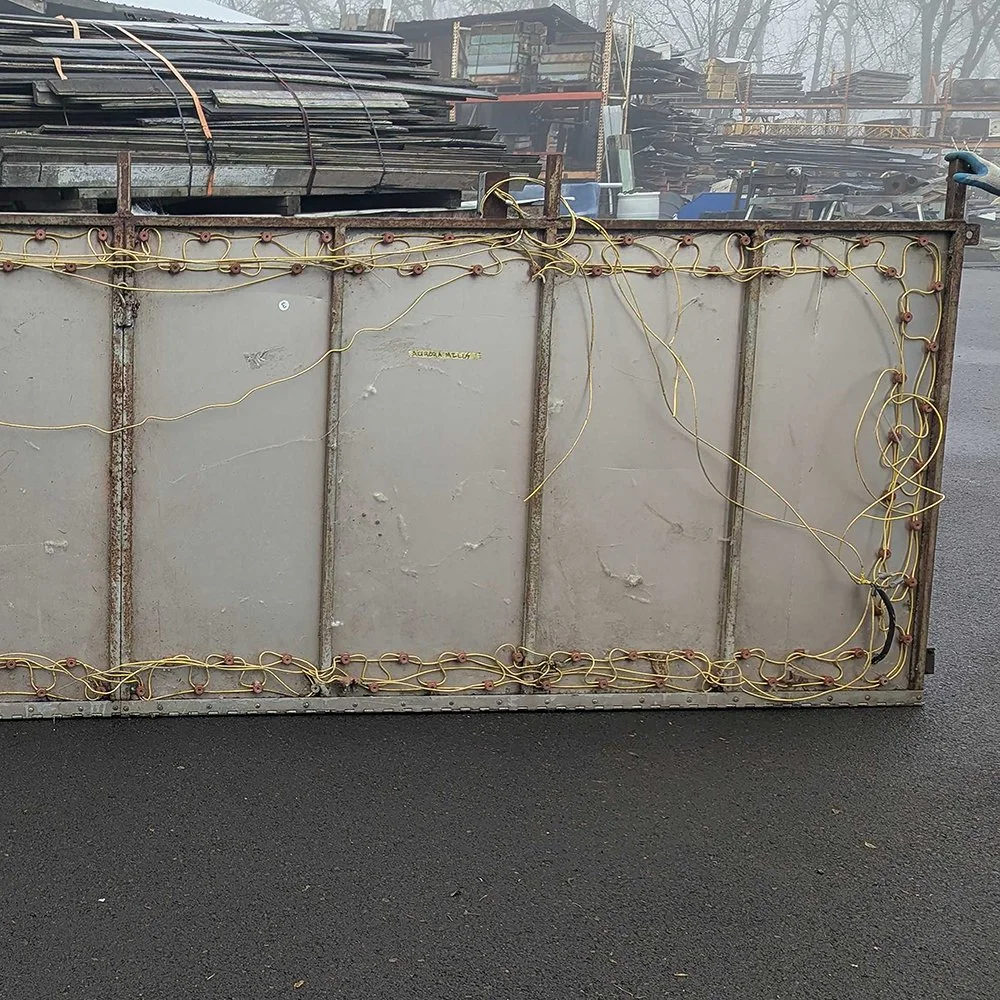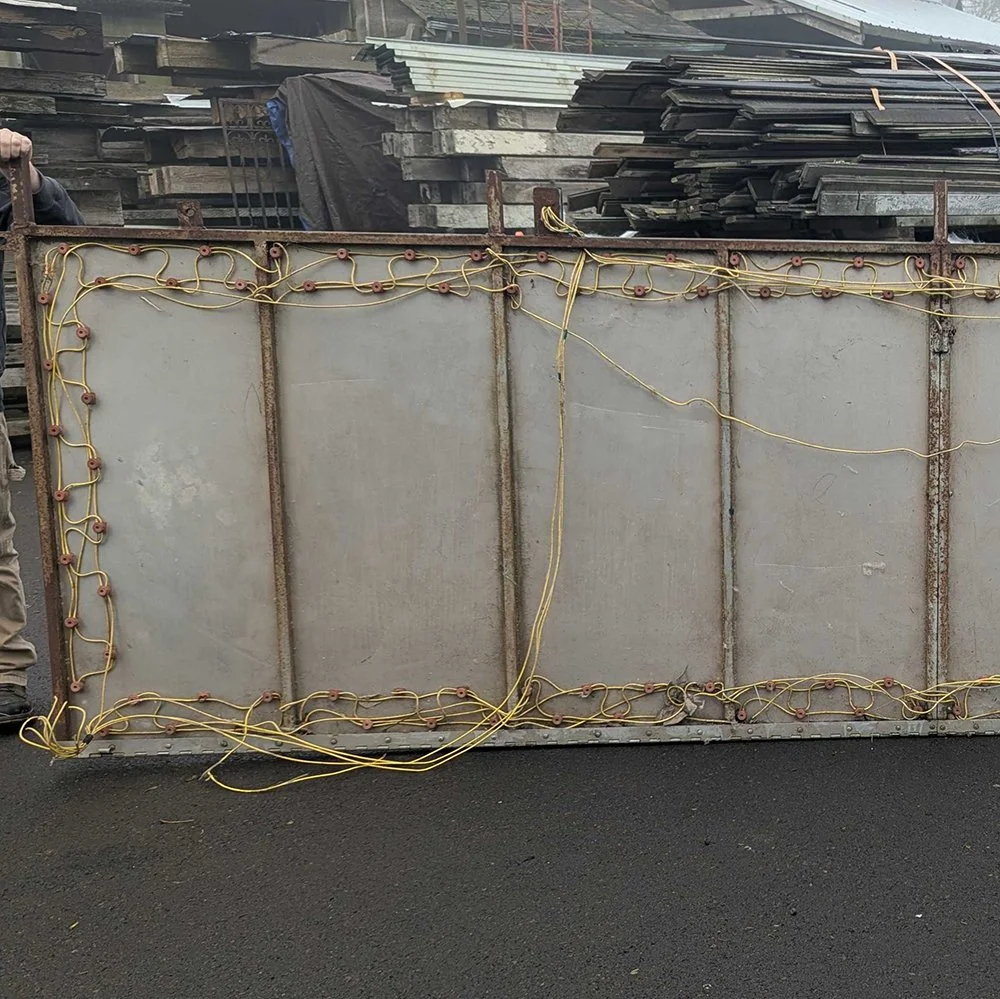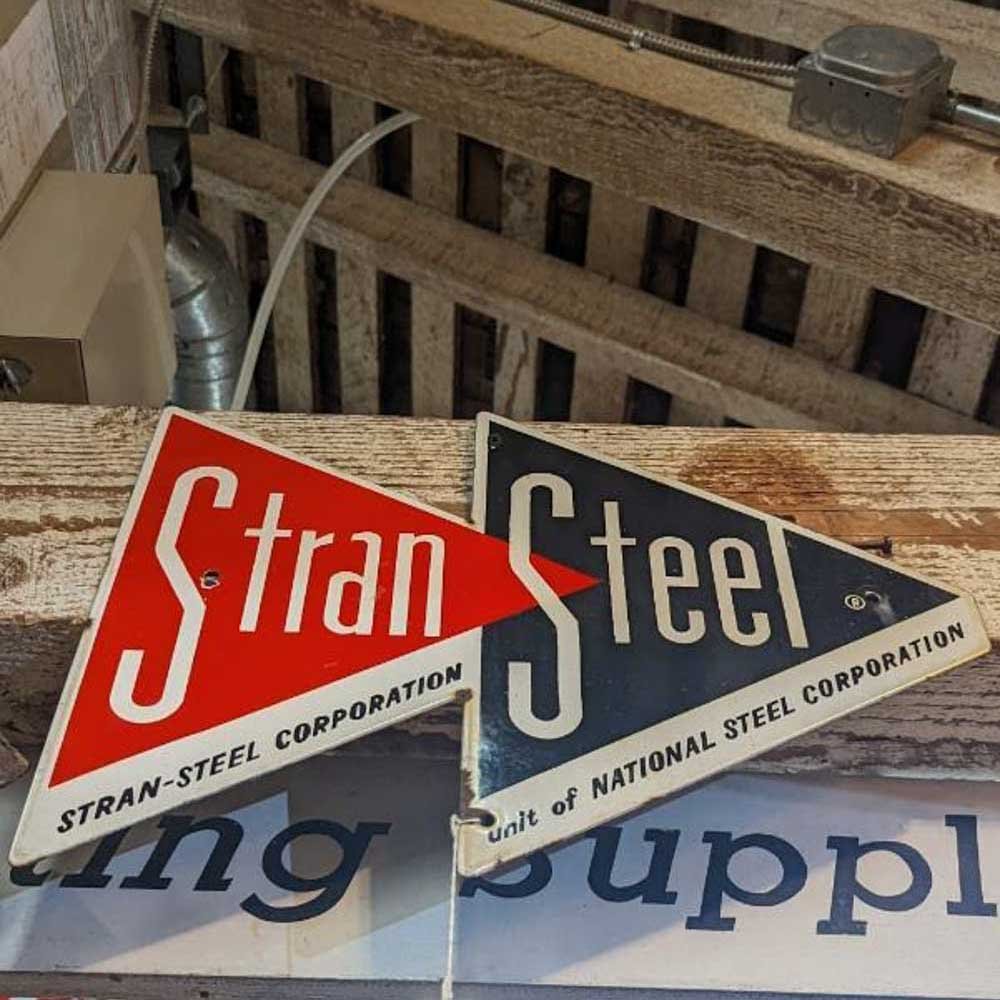
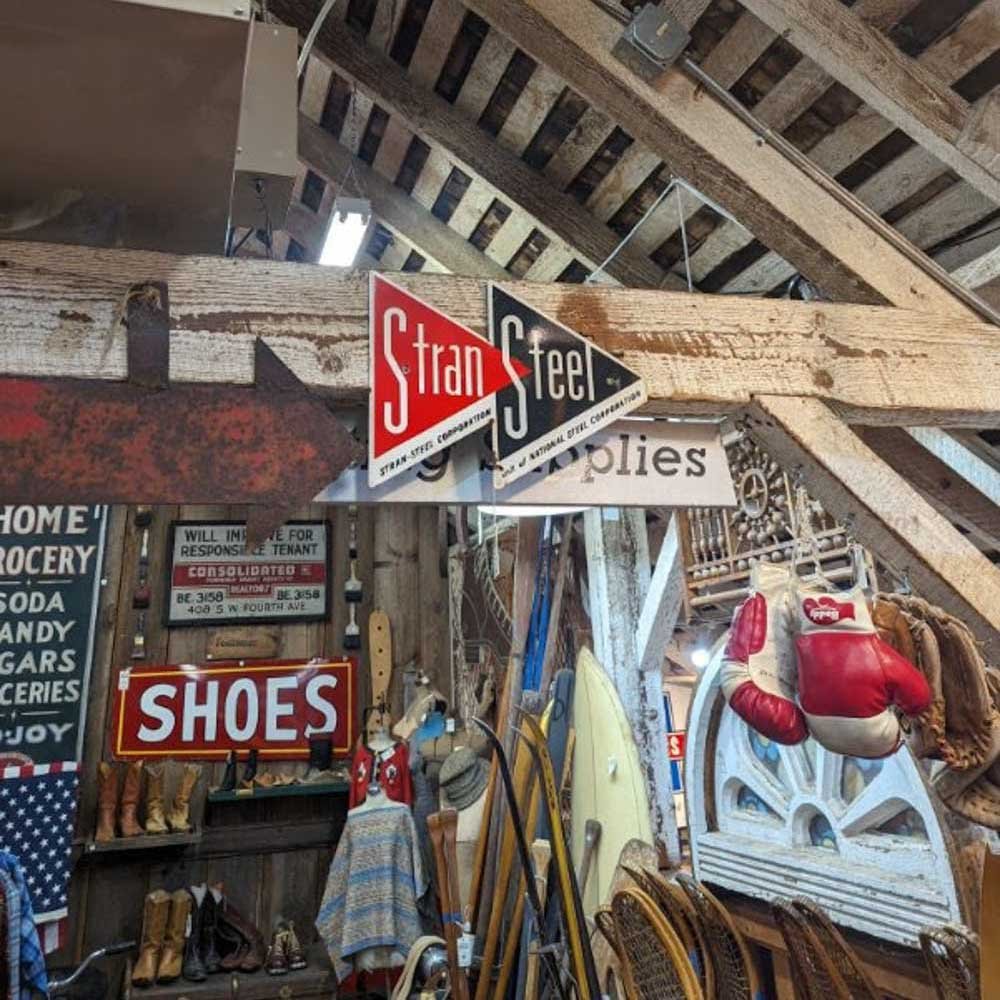
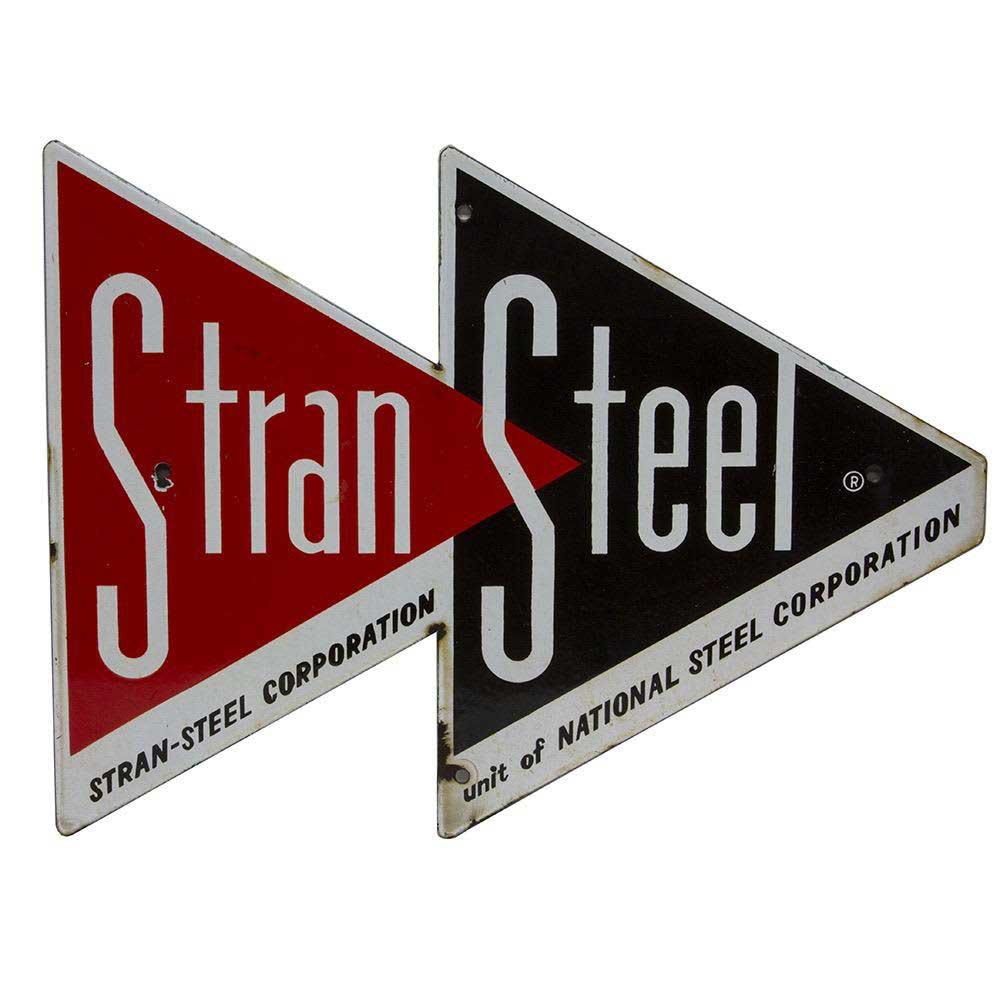
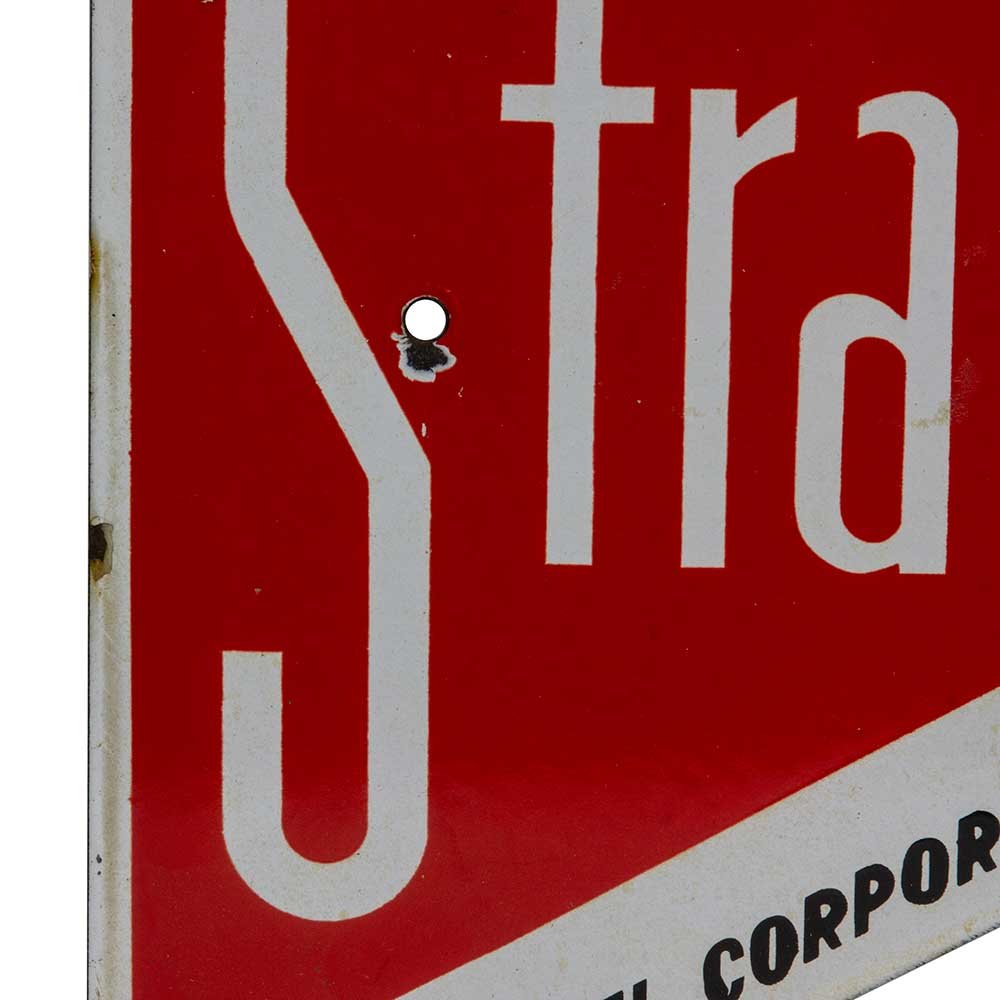
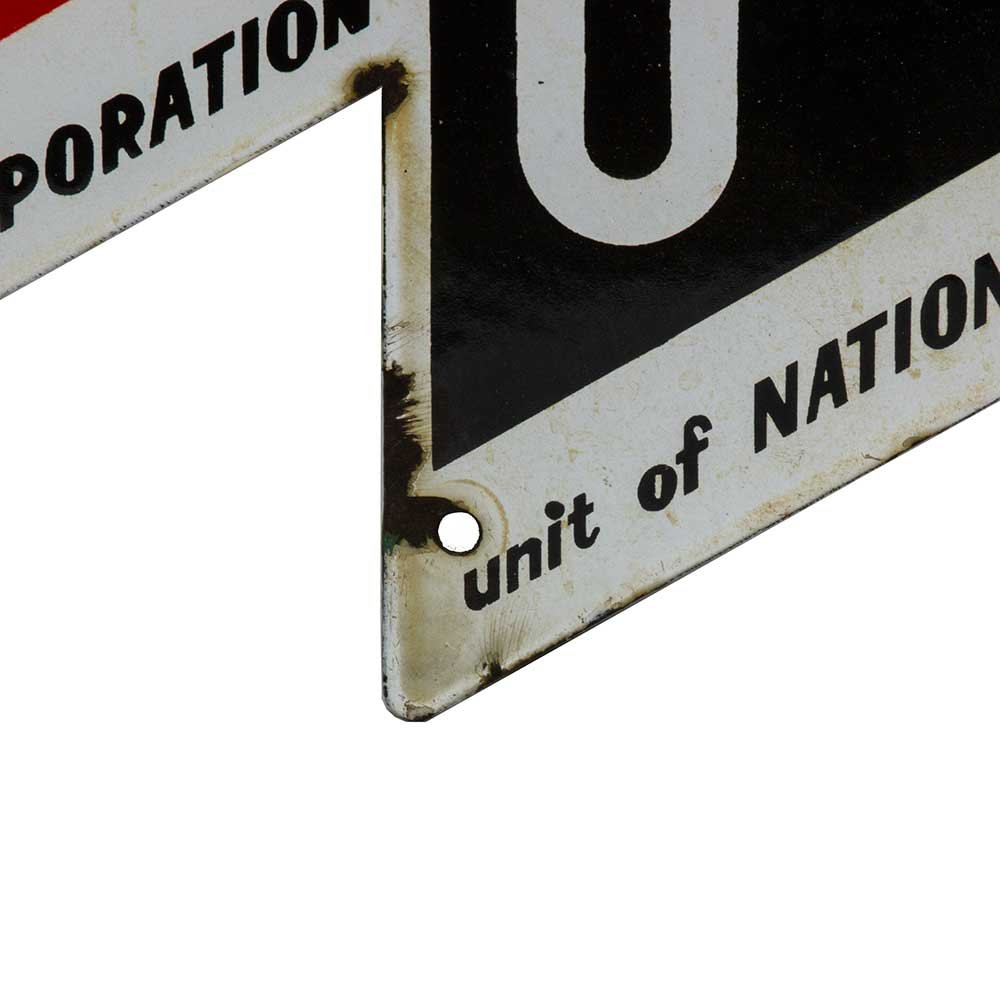
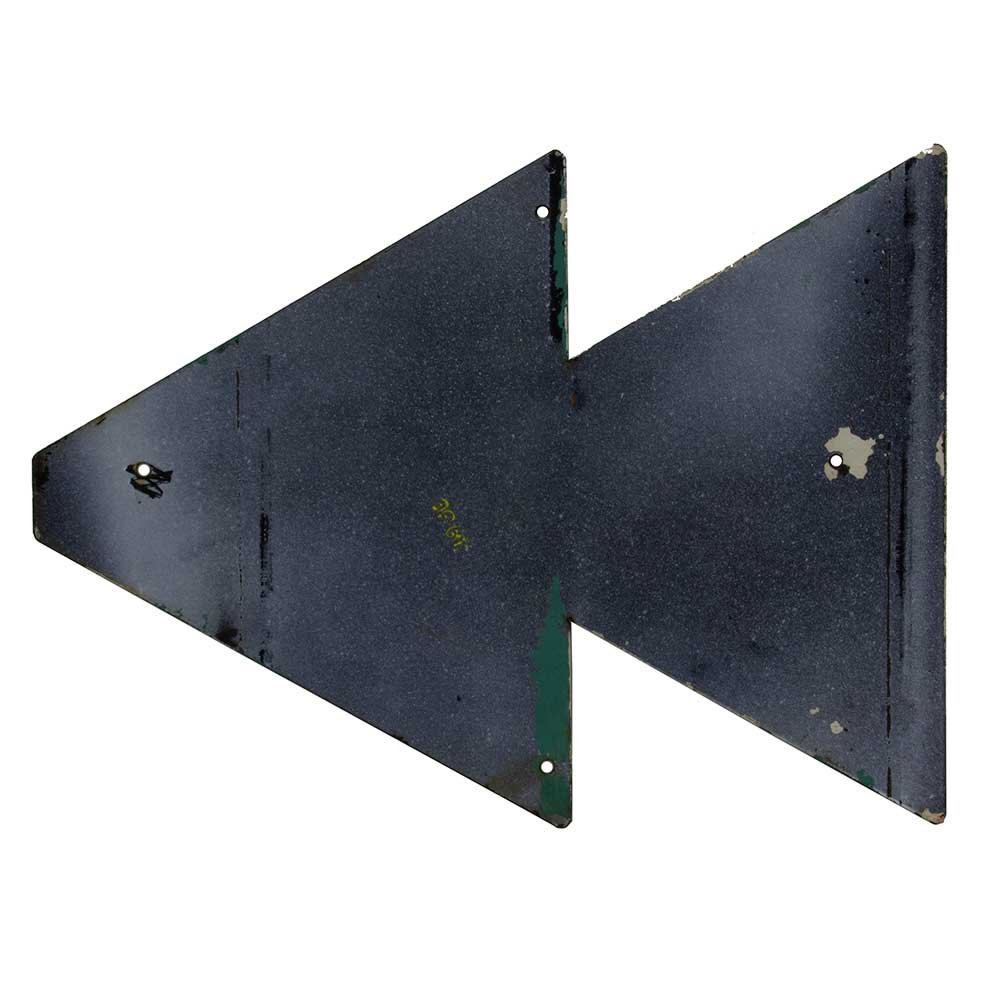
Stran Steel Porcelain Enamel Sign
This story of Stran Steel is known not because of blast furnaces or labor strikes, but because of a relationship with Good Housekeeping. A subsidiary of National Steel, Stran Steel manufactured lightweight flexible steel beams that were used in the construction of both commercial and residential structures. In the history of architecture, Stran Steel was a primary contributor to the “House of Tomorrow” exhibited at Chicago’s 1933 World Fair. Touted as the home of a new era, the house featured an all-steel frame with baked enamel tiles for exterior cladding. Stran Steel manufactured parts and kits for pre-fabricated homes and structures (like Quonset Huts!) well into the late 20th century. This porcelain enamel sign is the late 1950’s logo for the company and is in great shape. Some small spalls, as shown in the images, but otherwise a great enamel sign with some interesting history.
SKU: 13941
This story of Stran Steel is known not because of blast furnaces or labor strikes, but because of a relationship with Good Housekeeping. A subsidiary of National Steel, Stran Steel manufactured lightweight flexible steel beams that were used in the construction of both commercial and residential structures. In the history of architecture, Stran Steel was a primary contributor to the “House of Tomorrow” exhibited at Chicago’s 1933 World Fair. Touted as the home of a new era, the house featured an all-steel frame with baked enamel tiles for exterior cladding. Stran Steel manufactured parts and kits for pre-fabricated homes and structures (like Quonset Huts!) well into the late 20th century. This porcelain enamel sign is the late 1950’s logo for the company and is in great shape. Some small spalls, as shown in the images, but otherwise a great enamel sign with some interesting history.
SKU: 13941
DIMENSIONS
18.25” wide x 0.25” deep x 13.5” tall
ESTIMATED WEIGHT: 2 lbs
